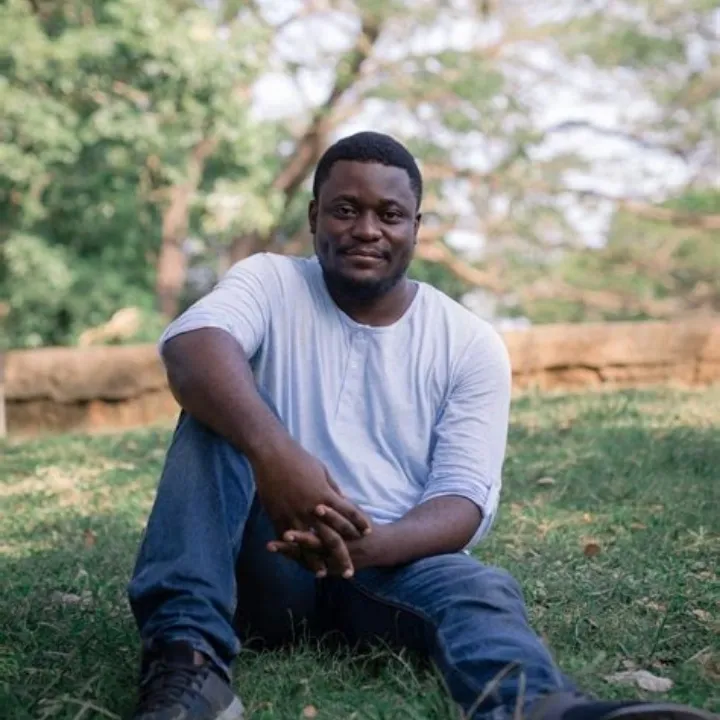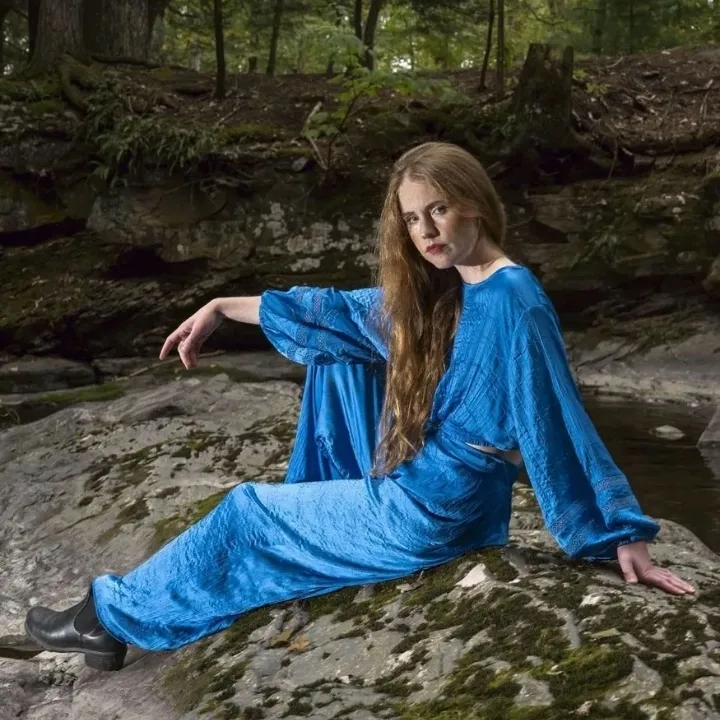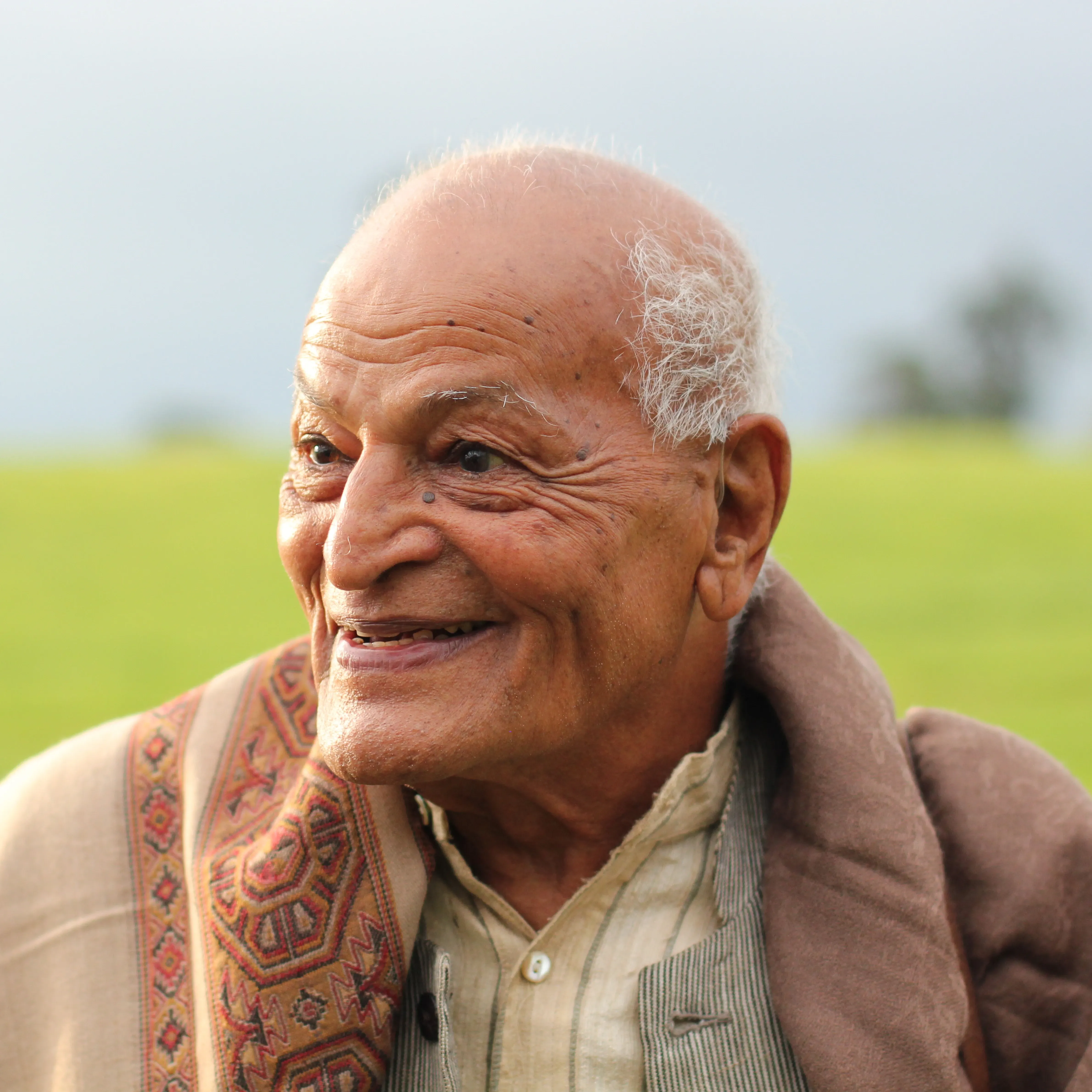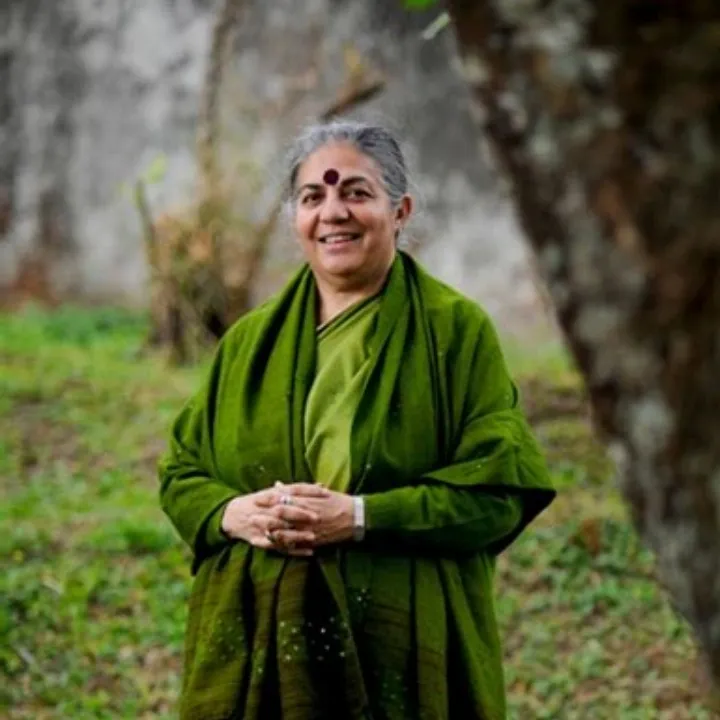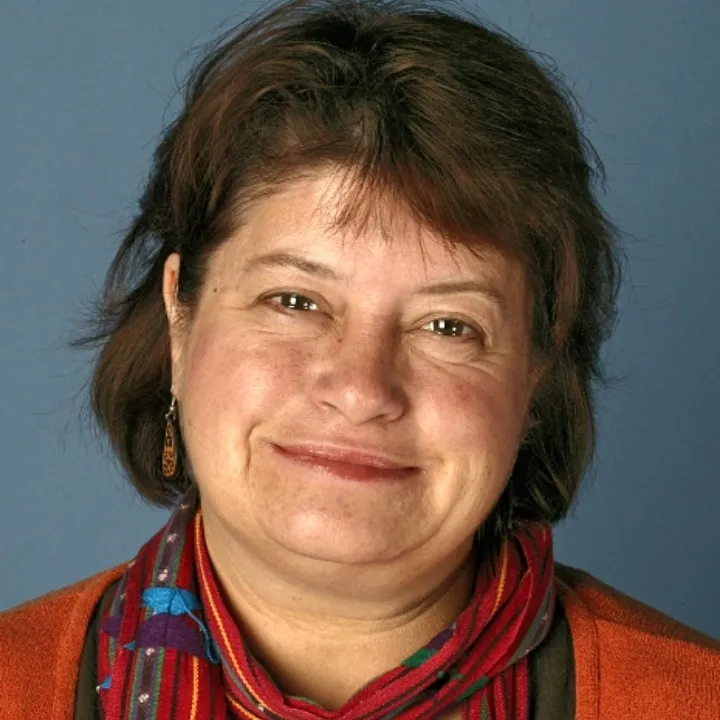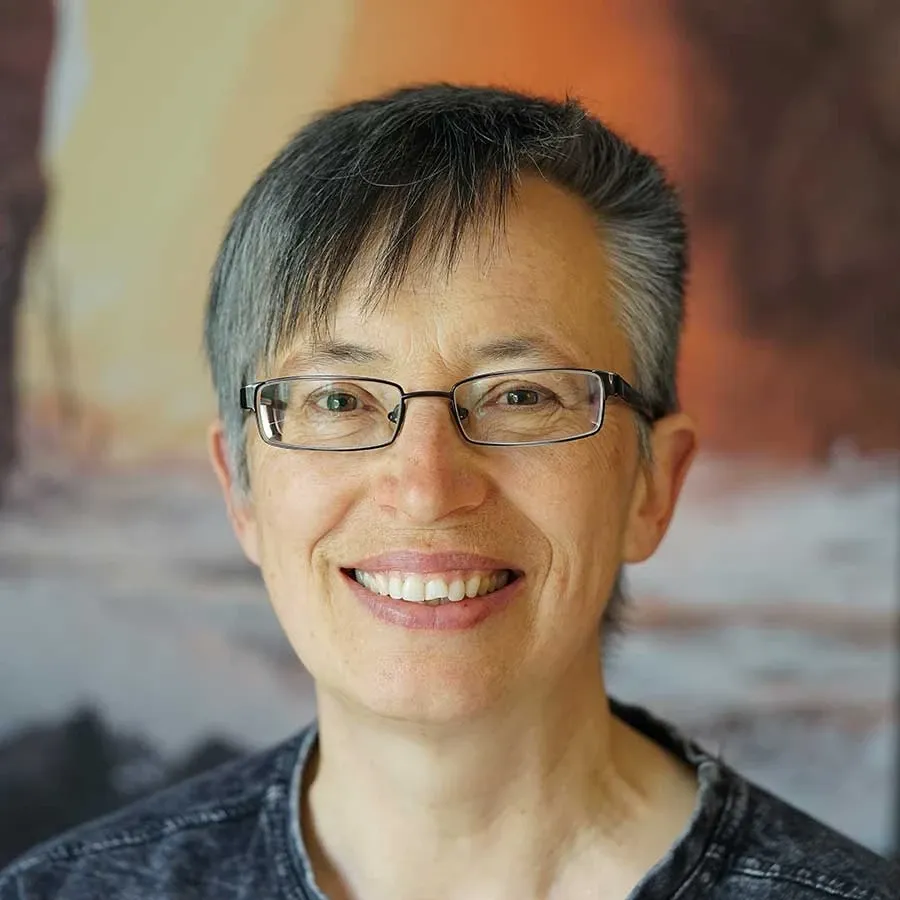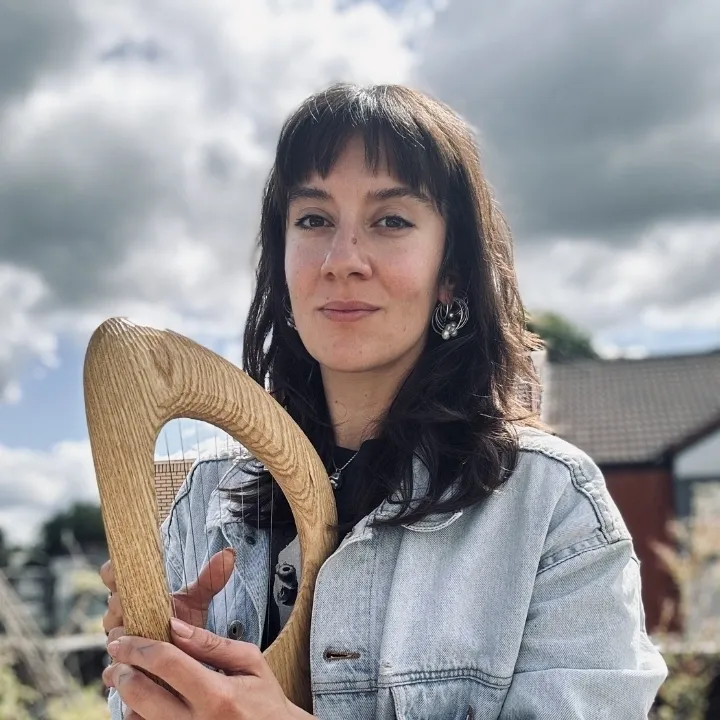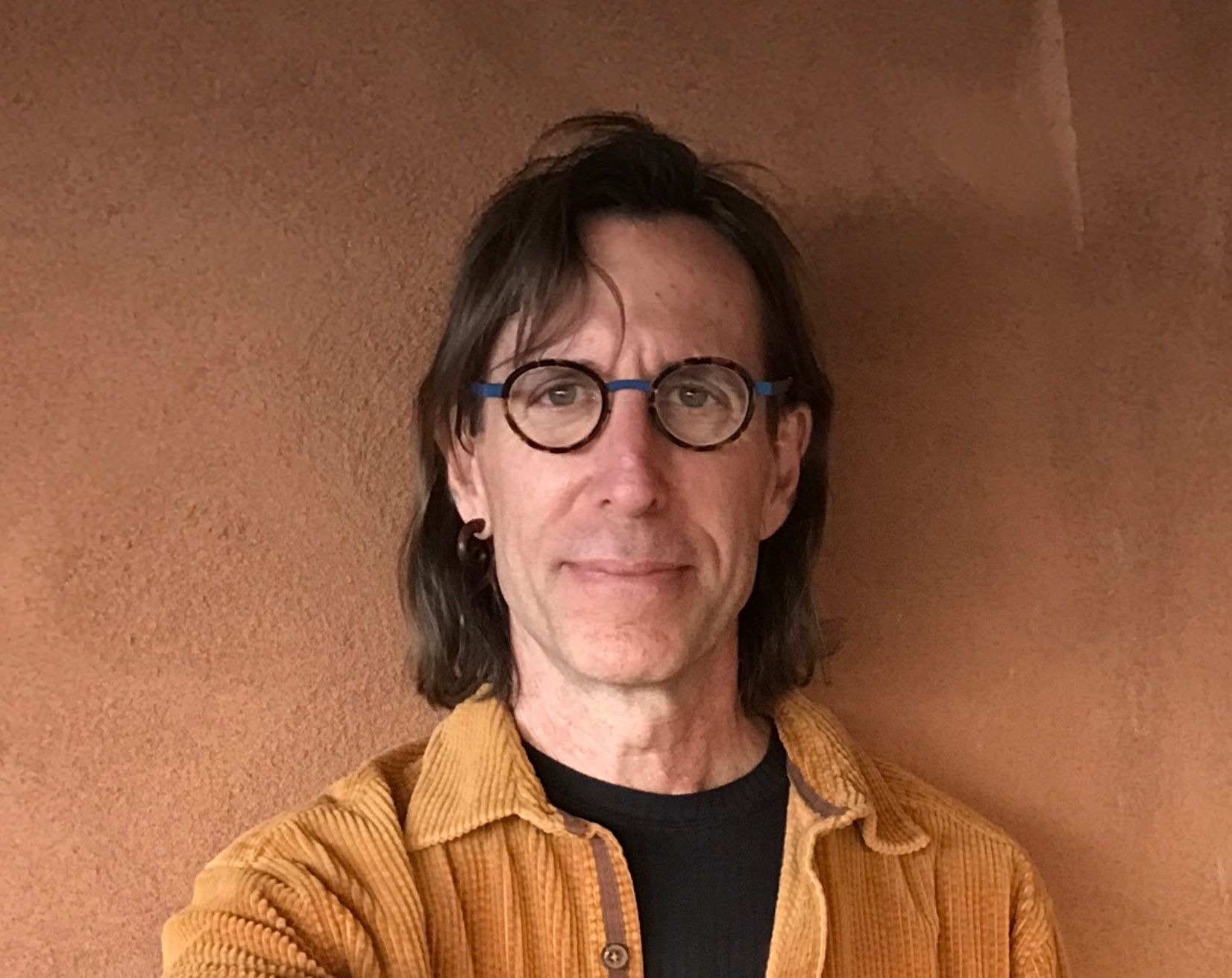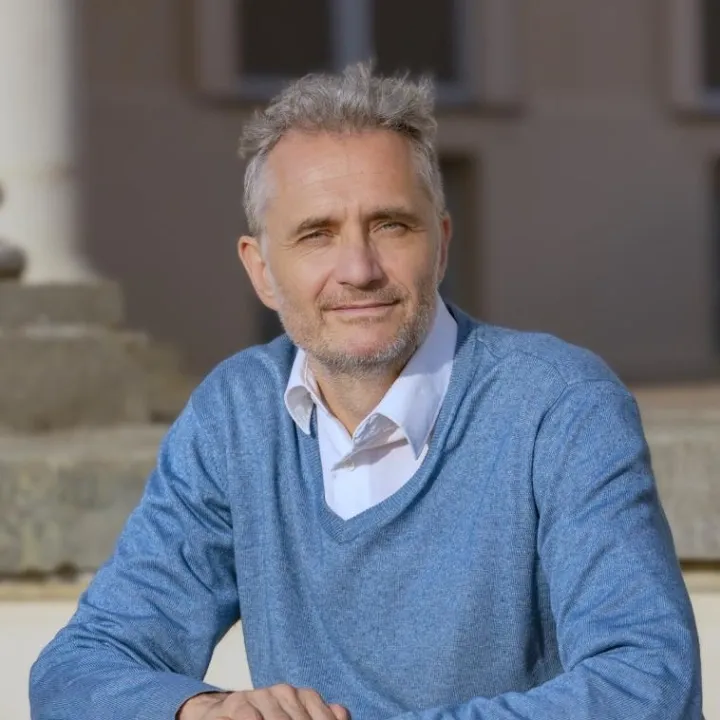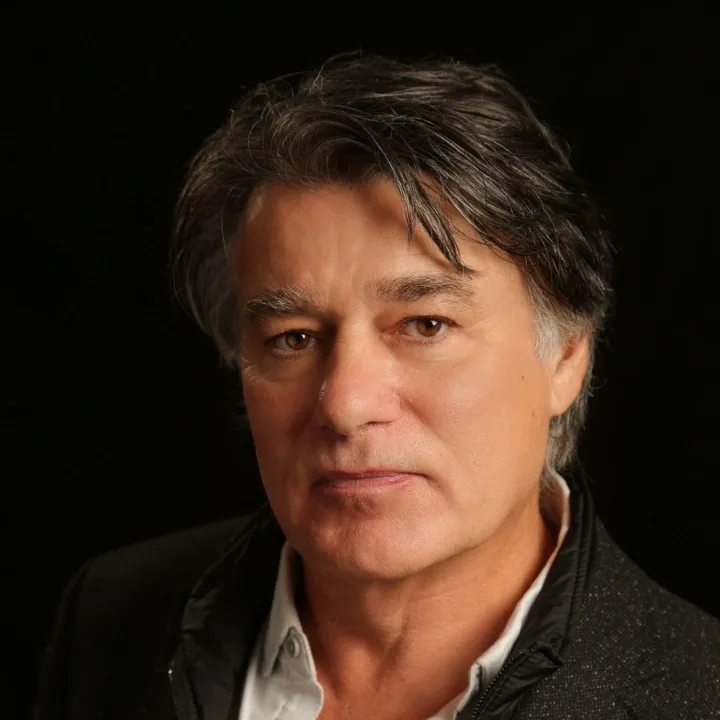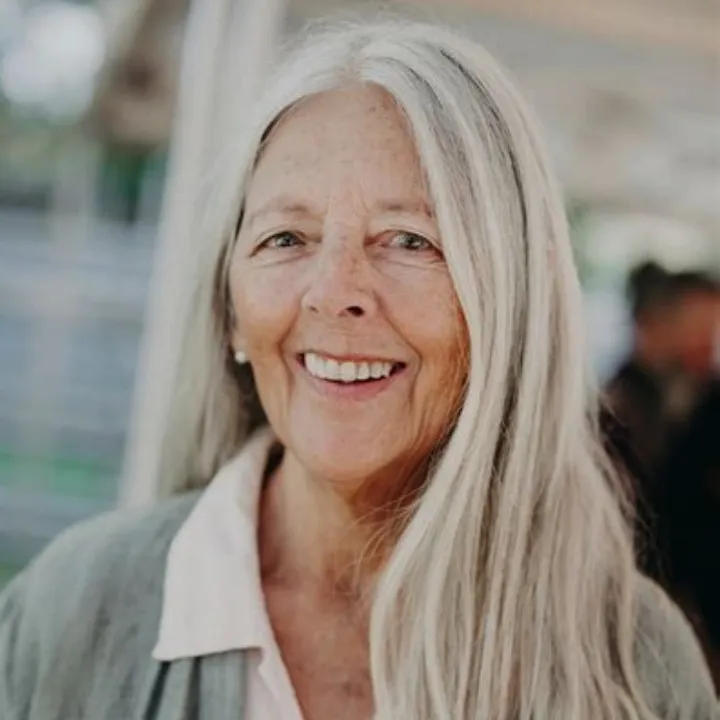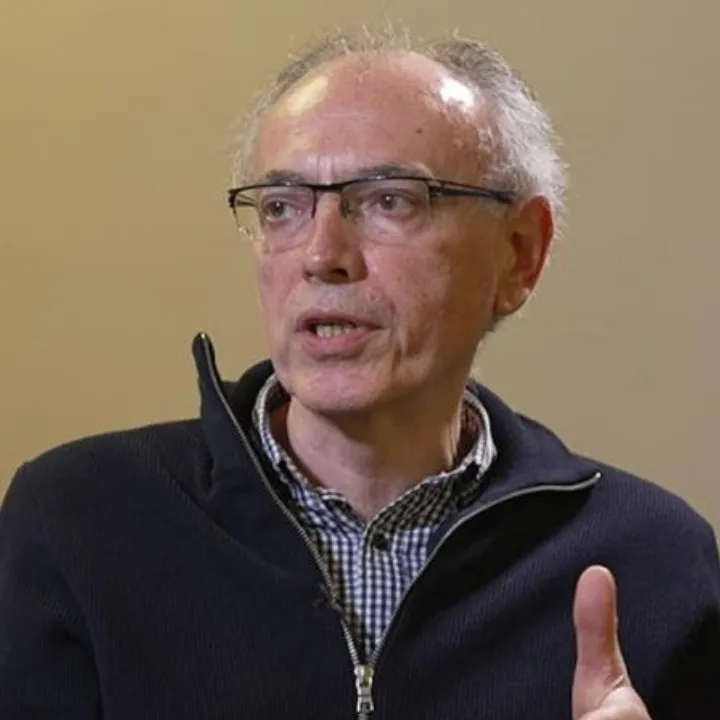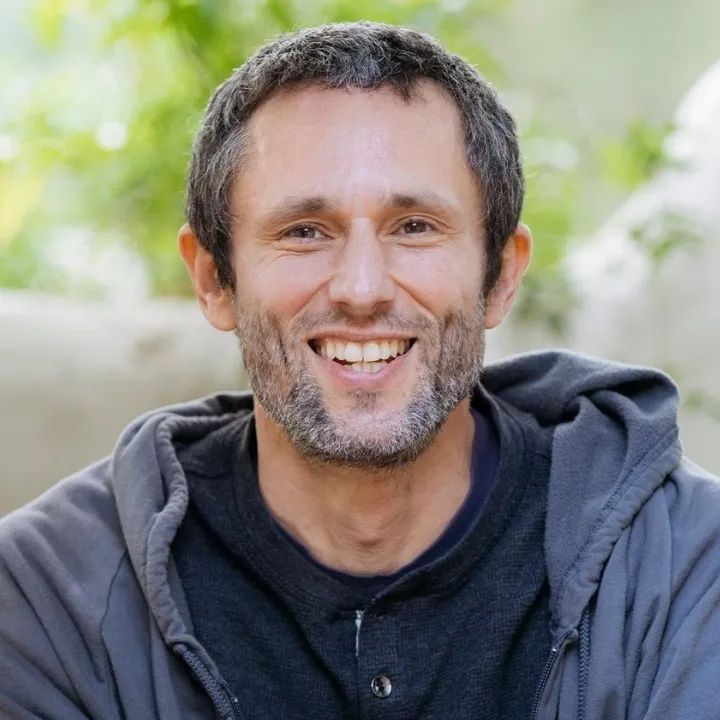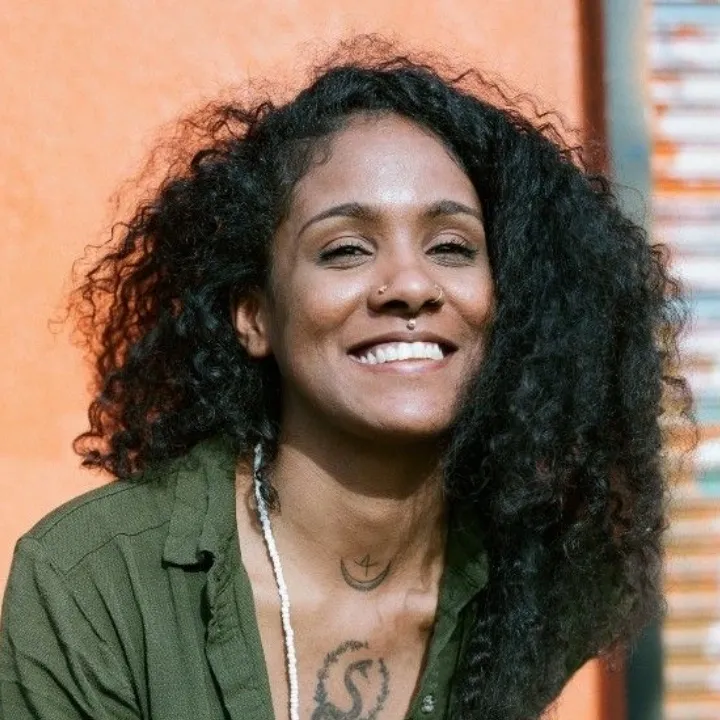FacultyMeet advaya’s teachers
Advaya’s global faculty blends science, practice, and story bringing localised, multidimensional wisdom to a shared learning space.
Sophie Strand
Sophie is a writer based in the Hudson Valley who focuses on the intersection of spirituality, storytelling, & ecology.
It would probably be more authentic to call her a neo-troubadour animist with a propensity to spin yarns that inevitably turn into love stories. Her first book of essays The Flowering Wand: Lunar Kings, Lichenized Lovers, Transpecies Magicians, and Rhizomatic Harpists Heal the Masculine is forthcoming in 2022. She is currently researching a mythopoetic exploration of ecology and queerness in the medieval legend of Tristan and Isolde.
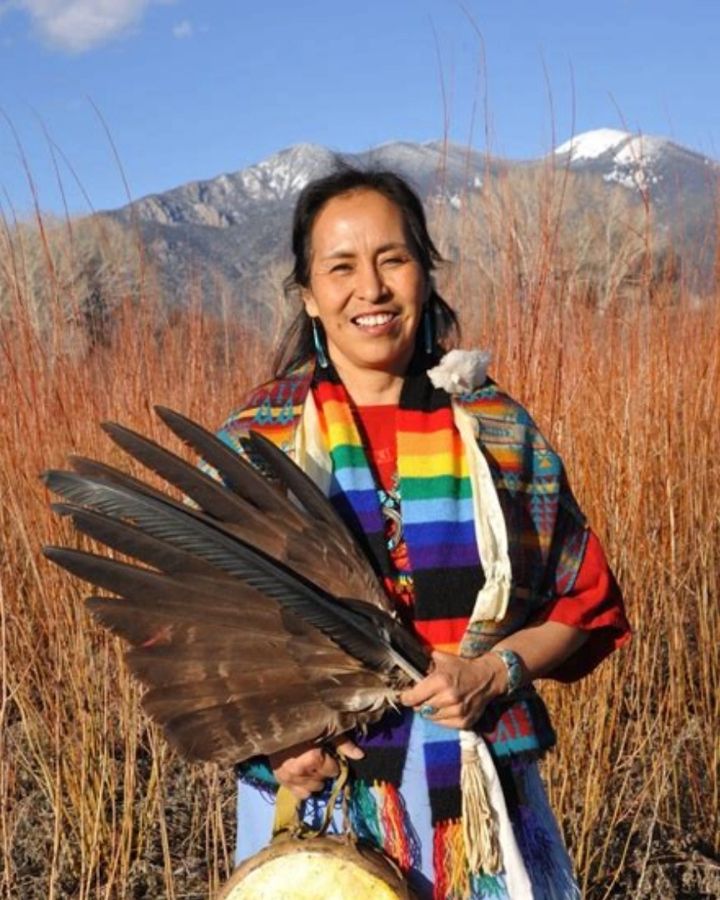
course
Reimagining Women & Power
Challenge traditional views of power, envisioning transformative roles and empowering new possibilities for women in society.
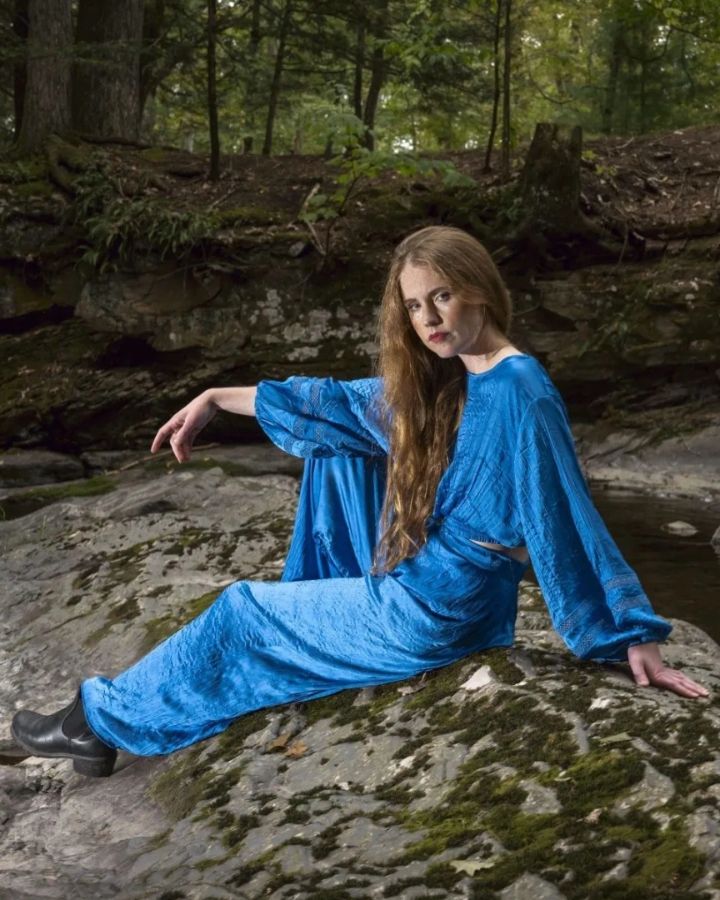
course
Rewilding Mythology
Reawaken ancient myths and their transformative power to reconnect humanity with nature, culture, and collective wisdom for modern times.
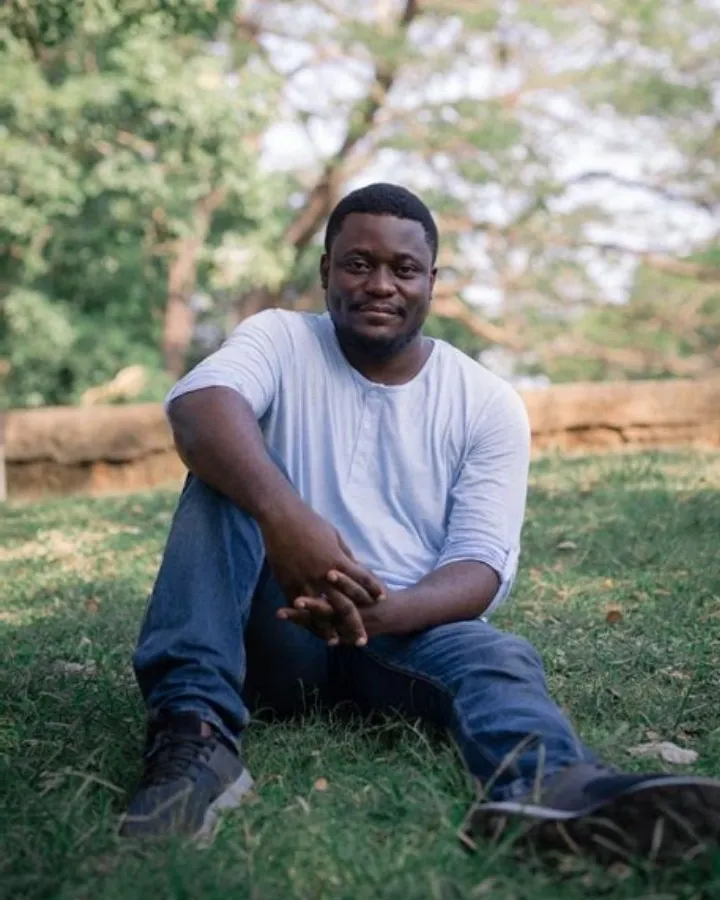
course
Kinship: Being Together
Explore the vital role of community, fostering deep kinship and shared experiences that create a foundation for collective well-being and connection.
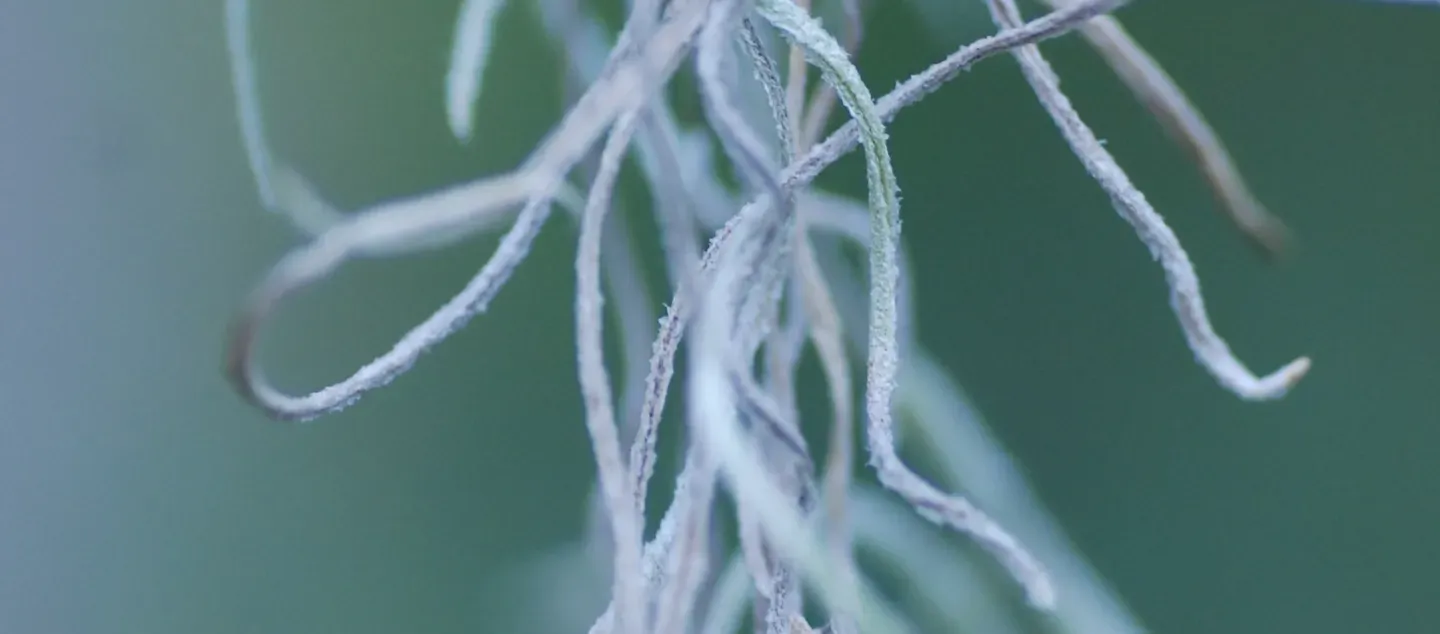
article
Mycelium & Myth
Myths need root systems to revitalise soil and reemerge with magic for this age of ecological chaos and societal collapse.
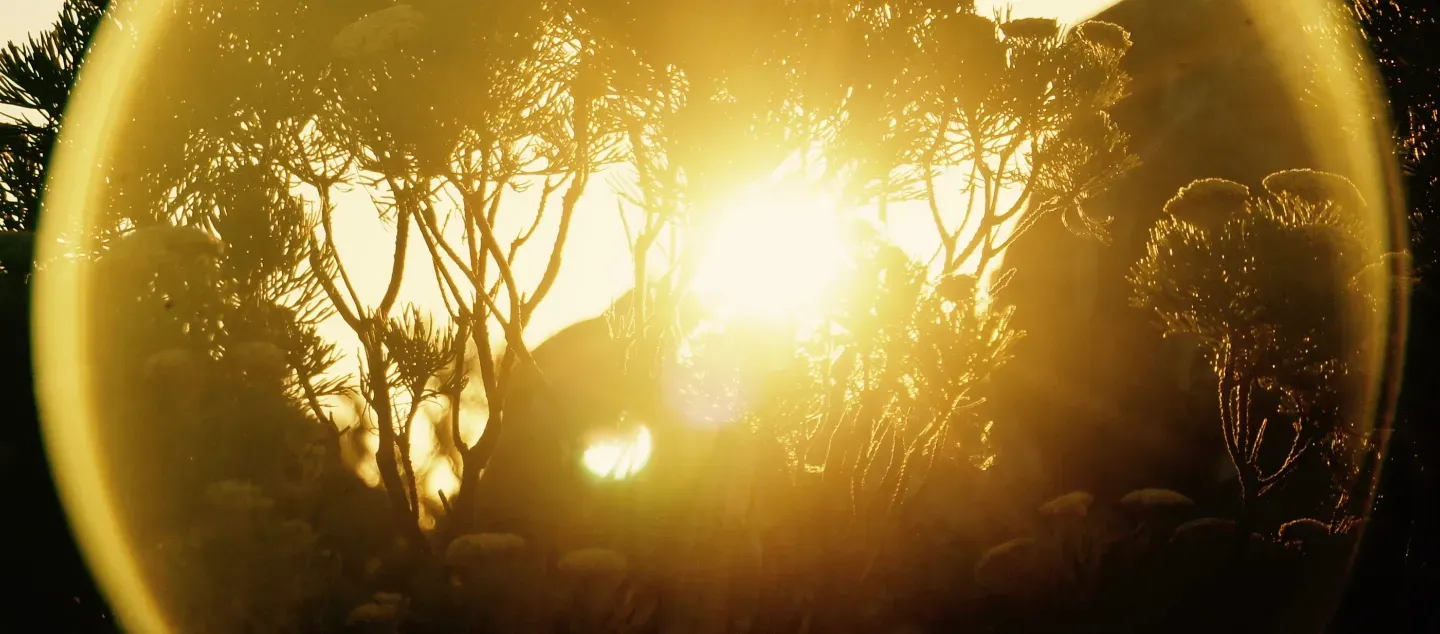
article
Jesus Is a Fungal God
Jesus then, is not teaching abstracted morality. He is teaching anarchic fungal, vegetal wisdom.
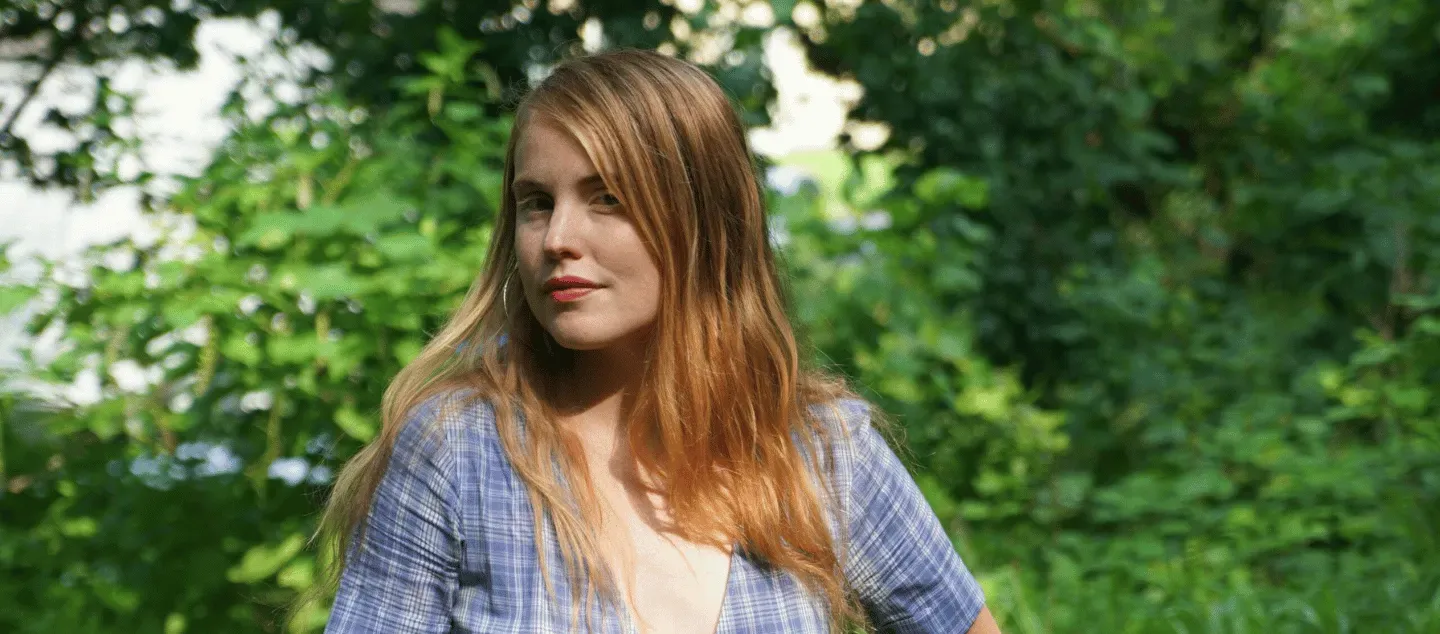
article
Rerooting mythology and ecological storytelling
A conversation about myth-making and science, compost heap-ing, rerooting Jesus and other historical tales, with Sophie Strand.
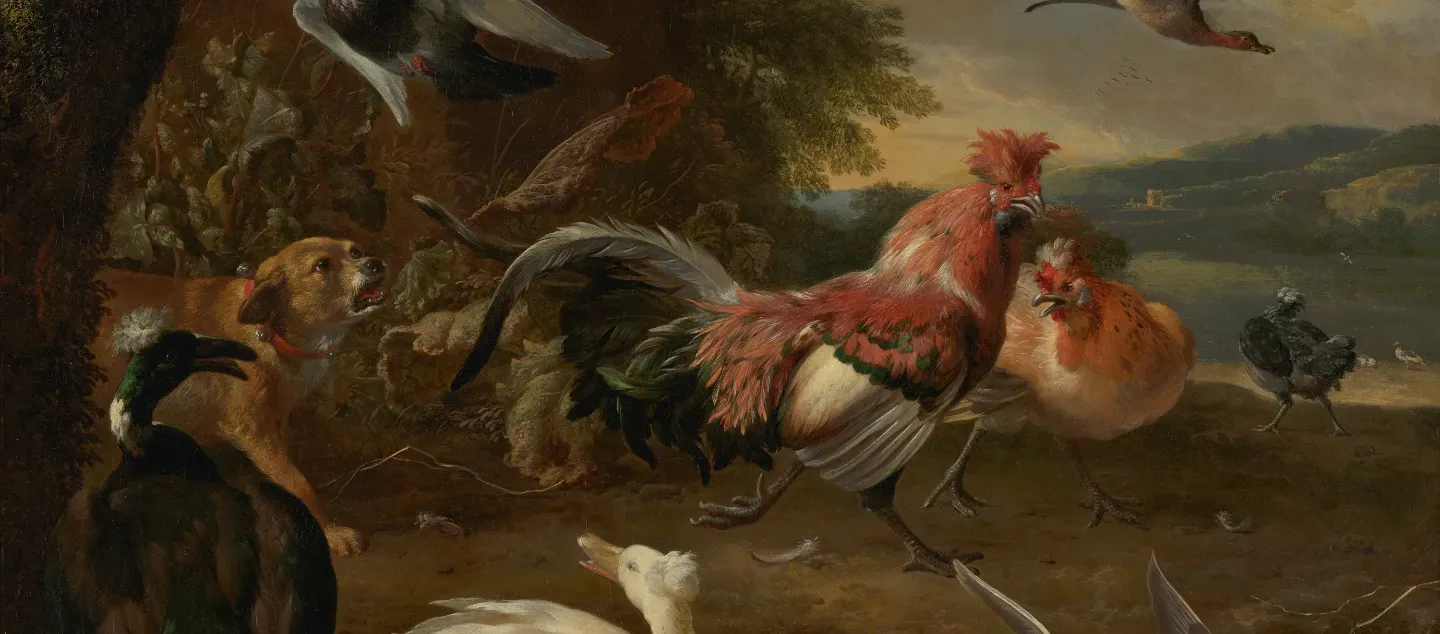
article
Becoming Supracellular
Thinking, feeling, and grieving with our whole multispecies, poly-nucleated mind.
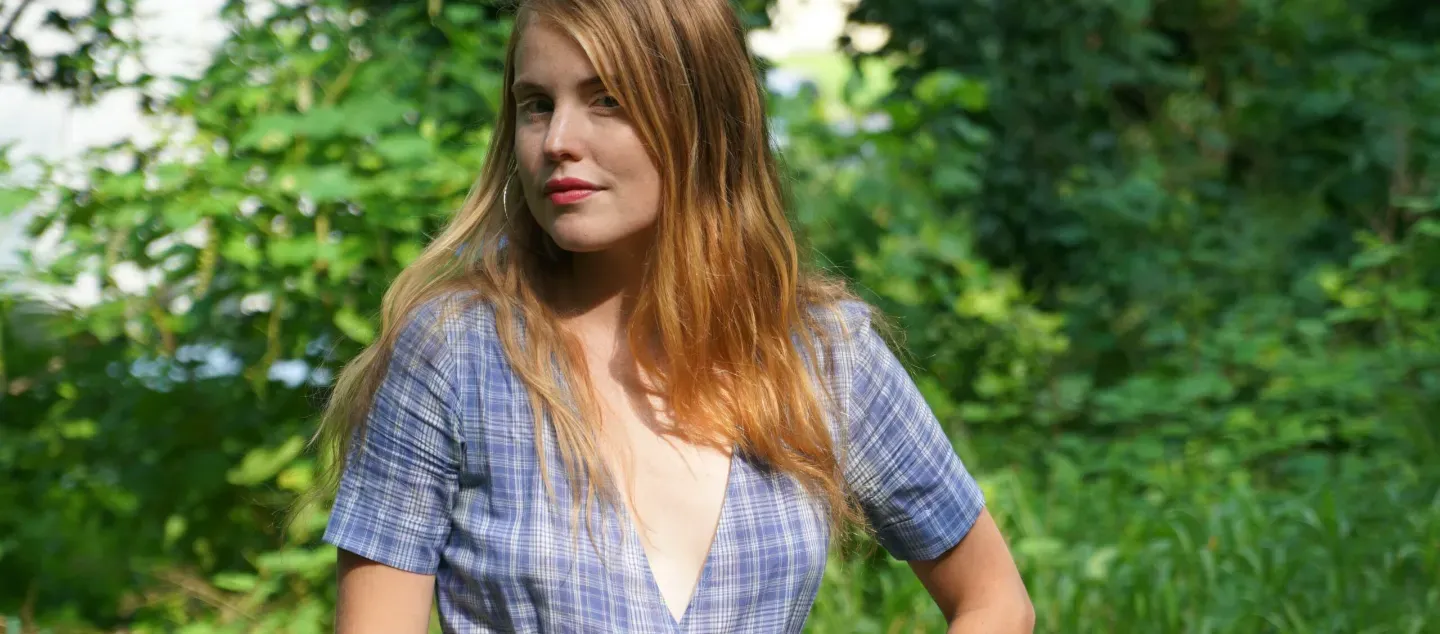
article
We are contaminated complexities
A conversation about ecological storytelling, more than human communities and rooting in our local ecosystems, with Sophie Strand.
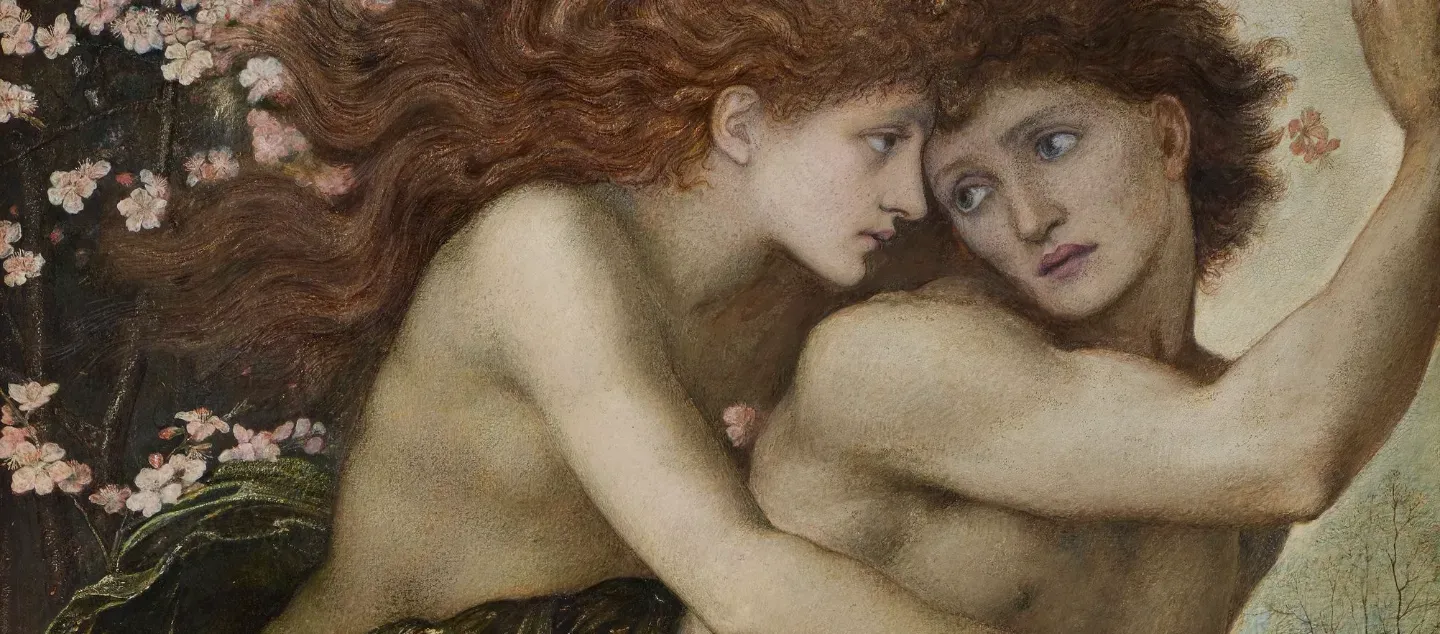
article
An introductory note to Rewilding Mythology
Myths are like air: invisible until you realize you live inside of them and thrive or die according to their limitations.
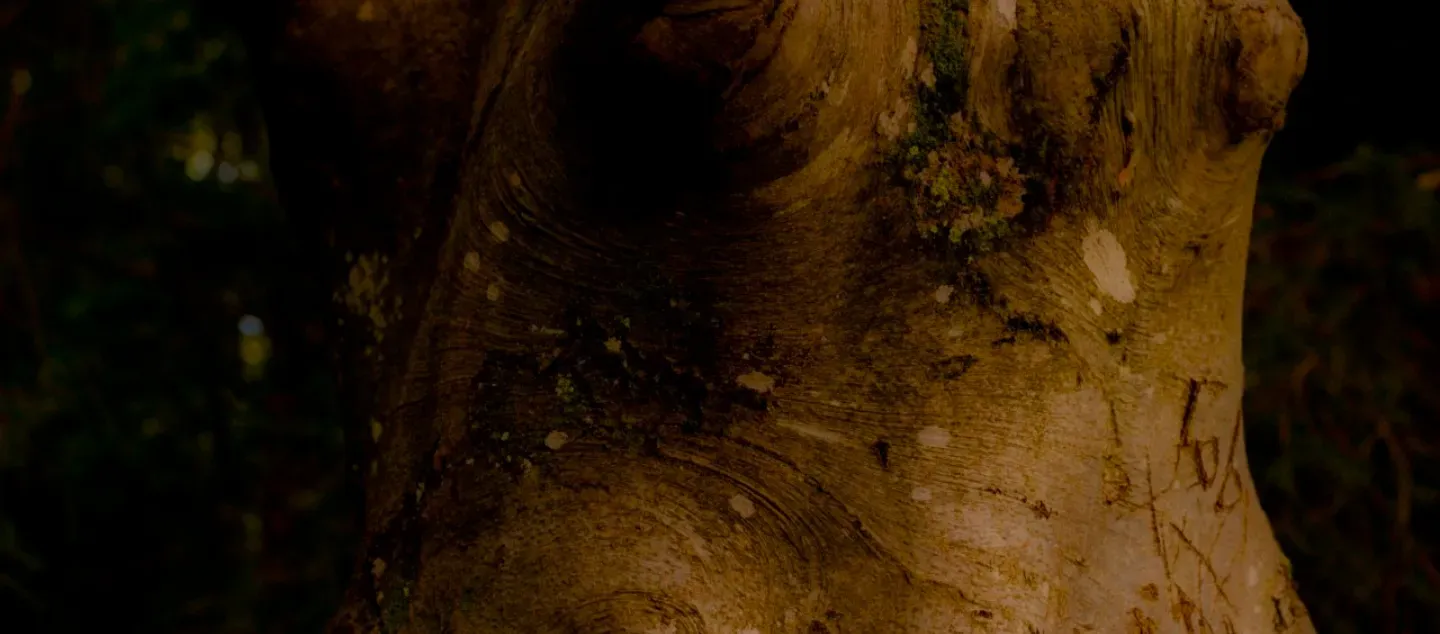
article
Rewilding Mythology
The rise of empire was in part facilitated by the deracination of local mythologies. Now a return of mythmaking might just be what saves us.
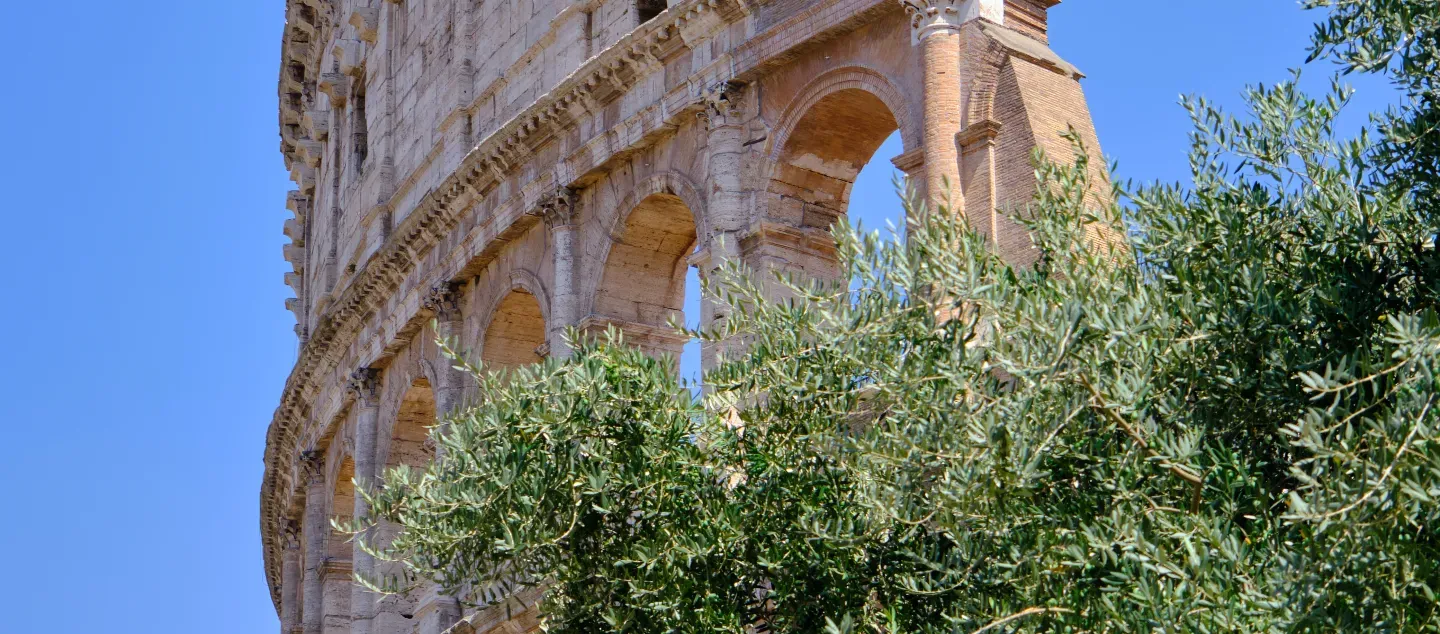
article
The wisdom of rot against the rise of empire
In conversation with Sophie Strand.
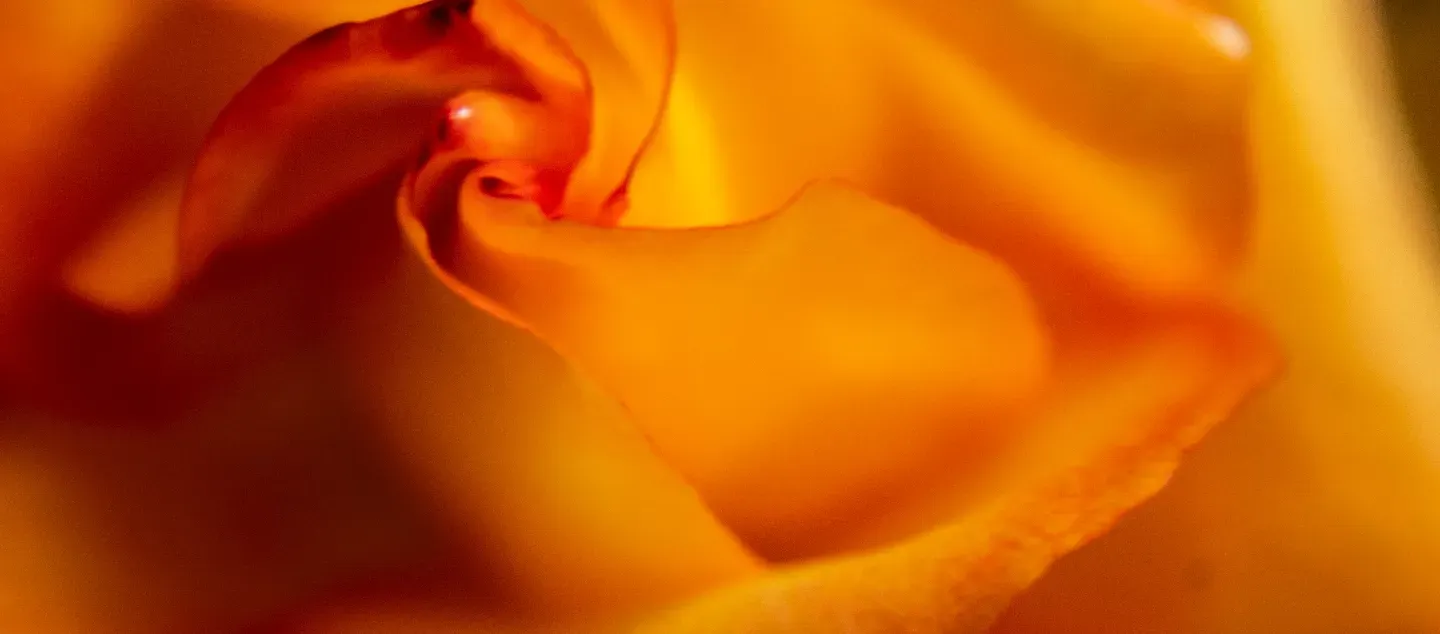
article
What is an ecological eros?
What does it mean to queer, to eroticise, to make ecologically intregrous, love?
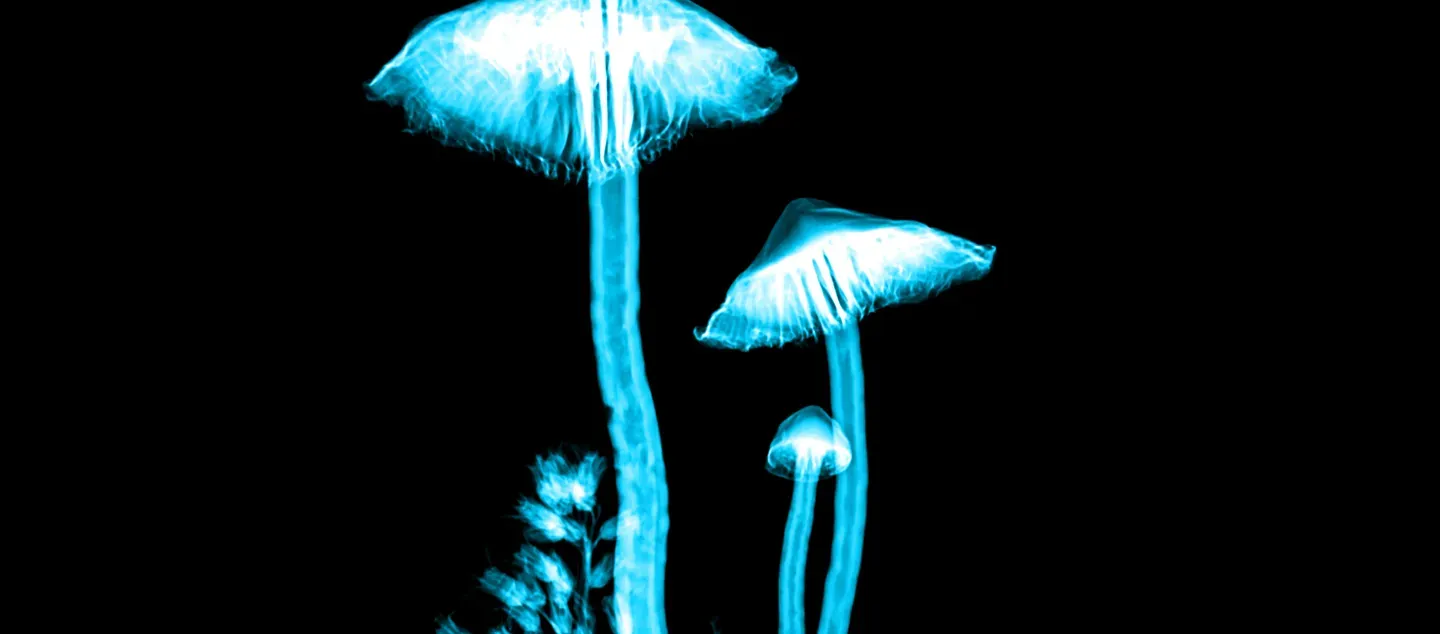
article
Composting the mycelial masculine
Uncovering alternative masculinities beneath the myth of dominance.
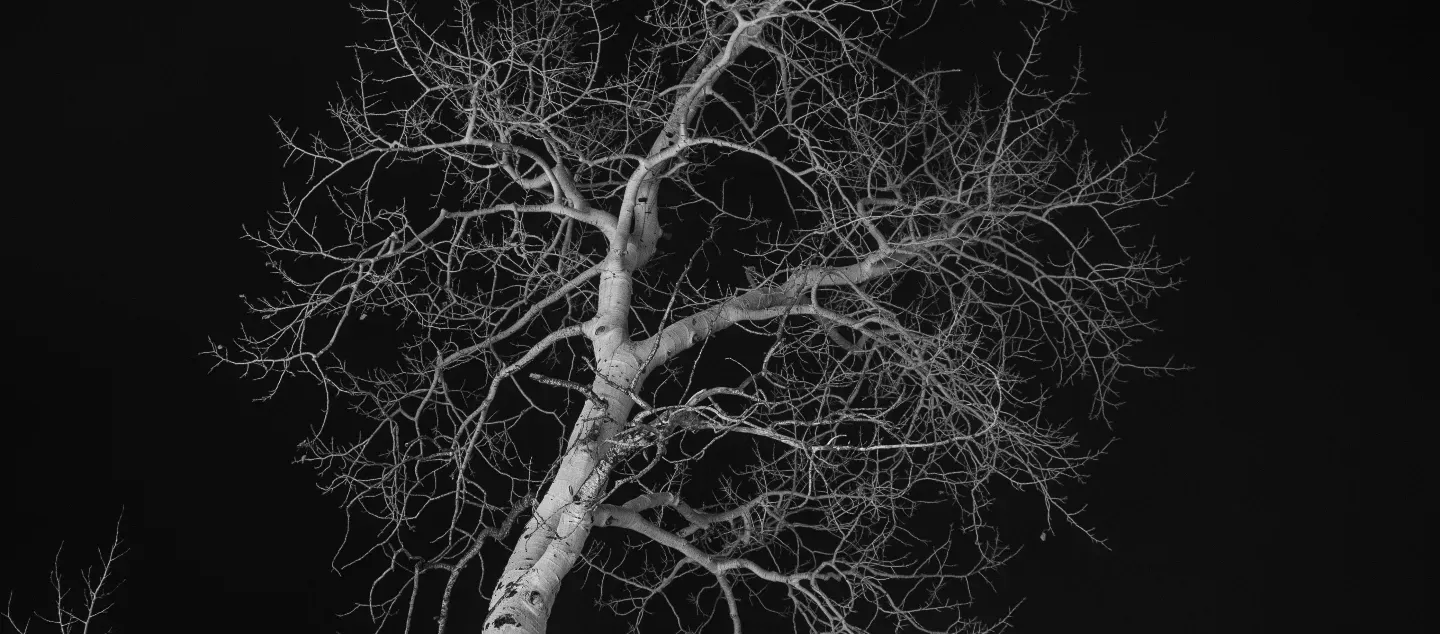
article
Magic as radical embedding in our web of relations
What if magic wasn’t supernatural? What if it was the most natural experience of all, inviting us into inter-species collaboration? How can we begin to understand magic as a way of becoming radically embedded in our web of relations, rather than as a way of manipulating the elements from a distance?
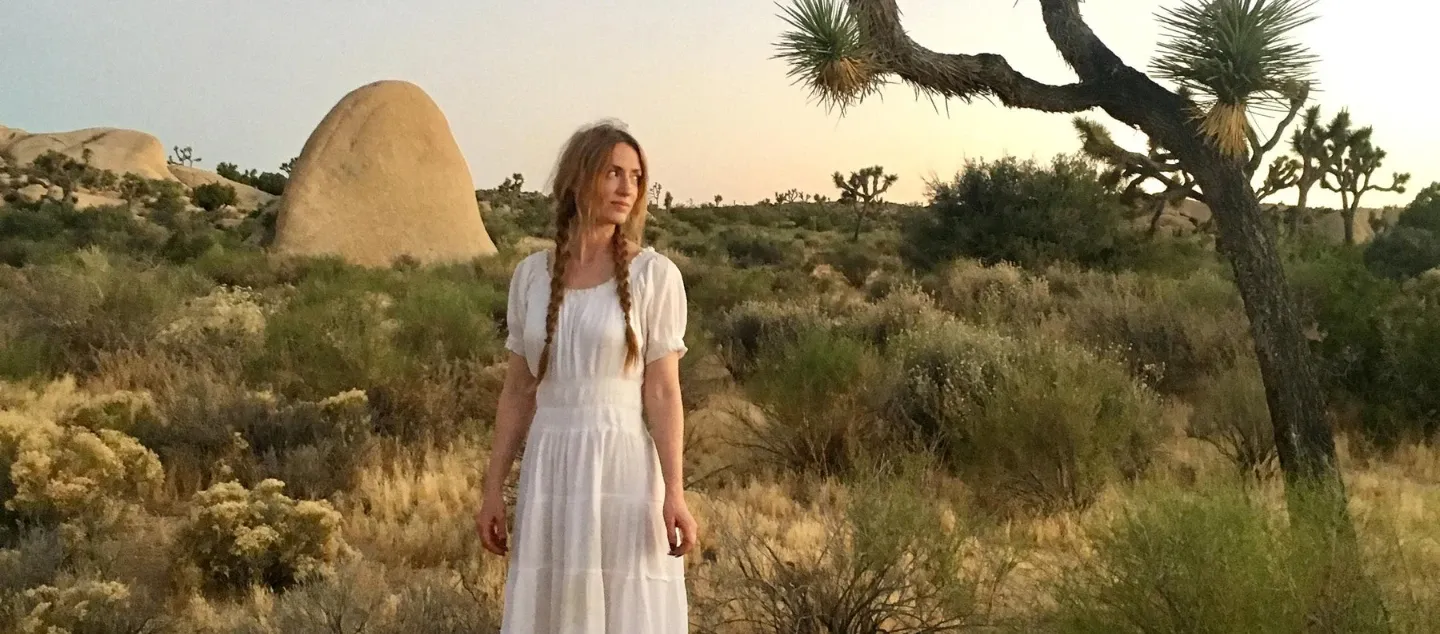
film
Radical women & stereotypes
Throughout history, women who have not conformed to societal expectations or who were deemed too powerful have been demonised and mischaracterised. In this session we will take a historical lens and explore what tactics have been used to subdue and silence radical, wilful women, and how radical women have resisted repression. We will look at how certain archetypes have been subverted and turned into oppressive stereotypes used to diminish female power. We will discuss what these stereotypes are and how we can rethink ideas about radical women. How can we reclaim these principal archetypes, reappropriating them and transforming them from tools of oppression into tools of emancipation? This session will involve spinning tales of witchcraft, recasting various feminine archetypes, pluralising the divine feminine, and opening ourselves to a world of new cultural stories while healing ancient wounds.
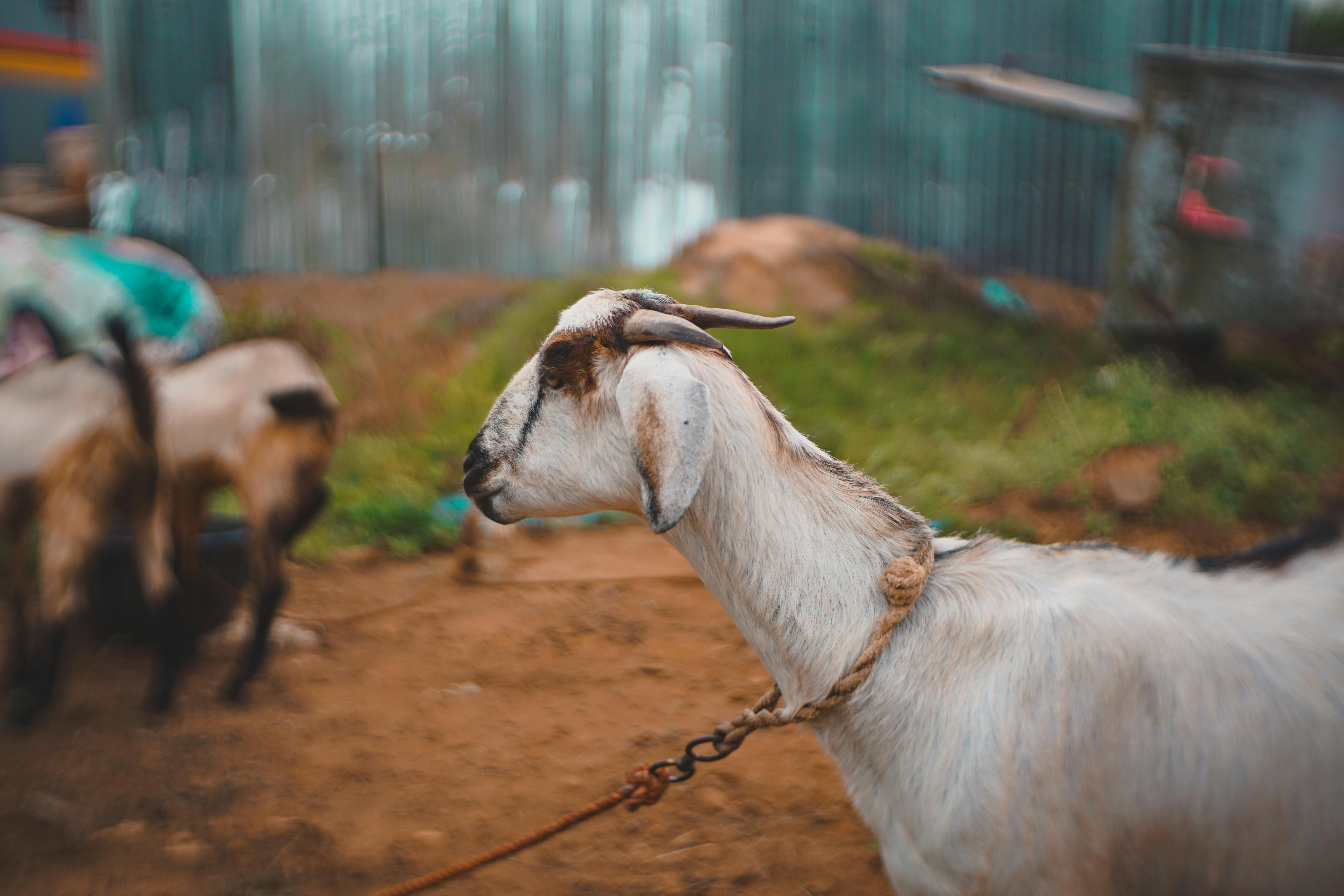
film
The emergence of domestication in human history and its implications
In Module 3 of Rewilding Mythology, Sophie Strand and Peter Michael Bauer converse about immediate-return and delayed-return societies, emphasising the impact of food storage methods on social dynamics and ecological transformations. Discussing the shift from a relational and participatory existence to an object-oriented culture with the accumulation of domesticated animals and grain, they ask and answer: how do human societies change as we find new ways of survival? What was gained and lost, in this case as we developed the ability to store food for ourselves?
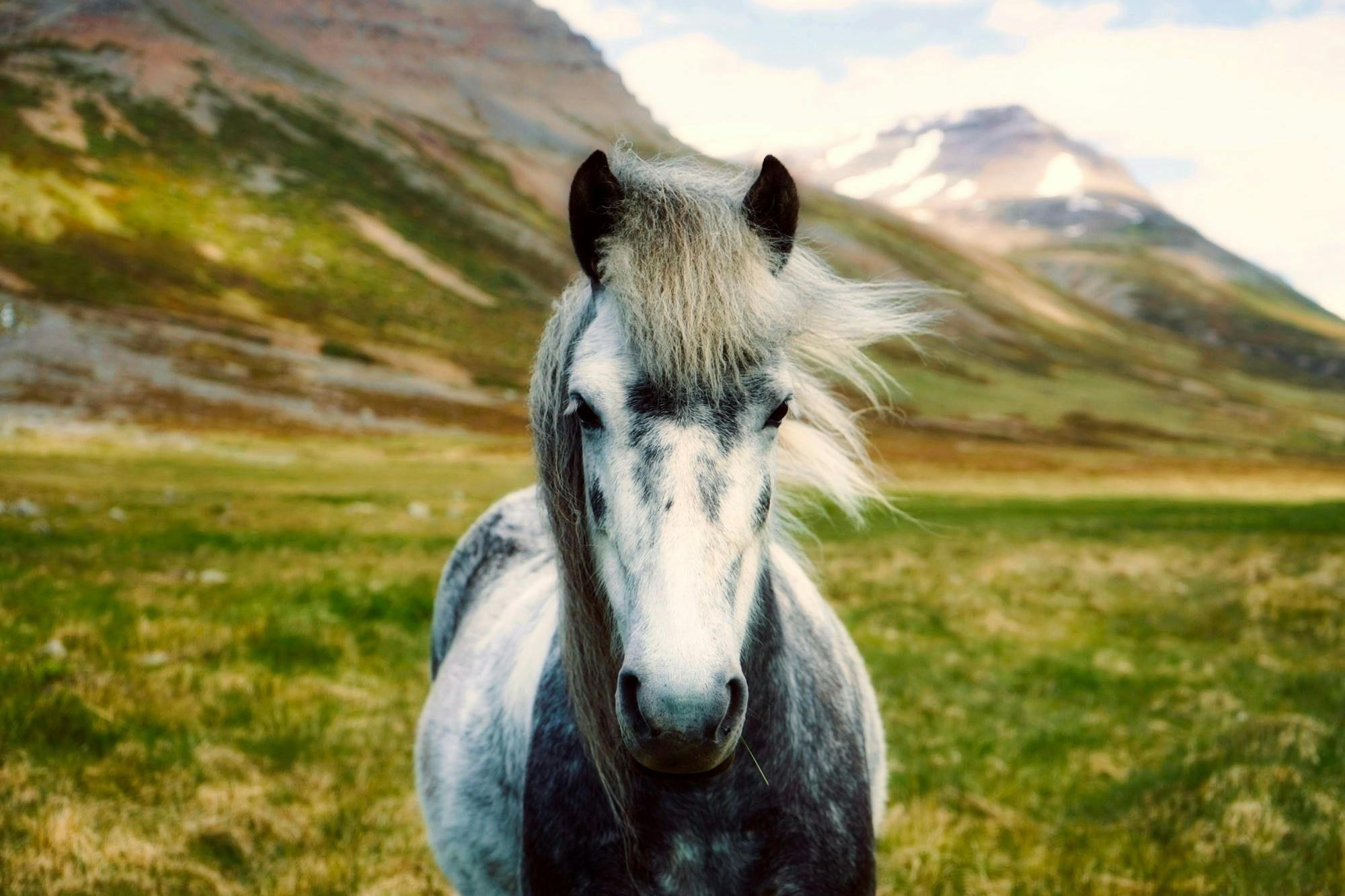
film
Wielding power outside the colonial paradigm: Oyalogy and Exousiance
In Module 3 of Rewilding Mythology, Sophie Strand interviews Minna Salami about an alternative, feminist conception of power, outside the colonial paradigm in which power has become conflated with oppression through violence. Minna, whose work weaves science, history, anthropology and mythology to challenge the limitations of Europatriarchal knowledge, shares about her essay Oyalogy, later Exousiance: in which she draws from her Yoruba belief system to construct a psychoactive language, animating power in a new-old paradigm of liberation and deep transformation.
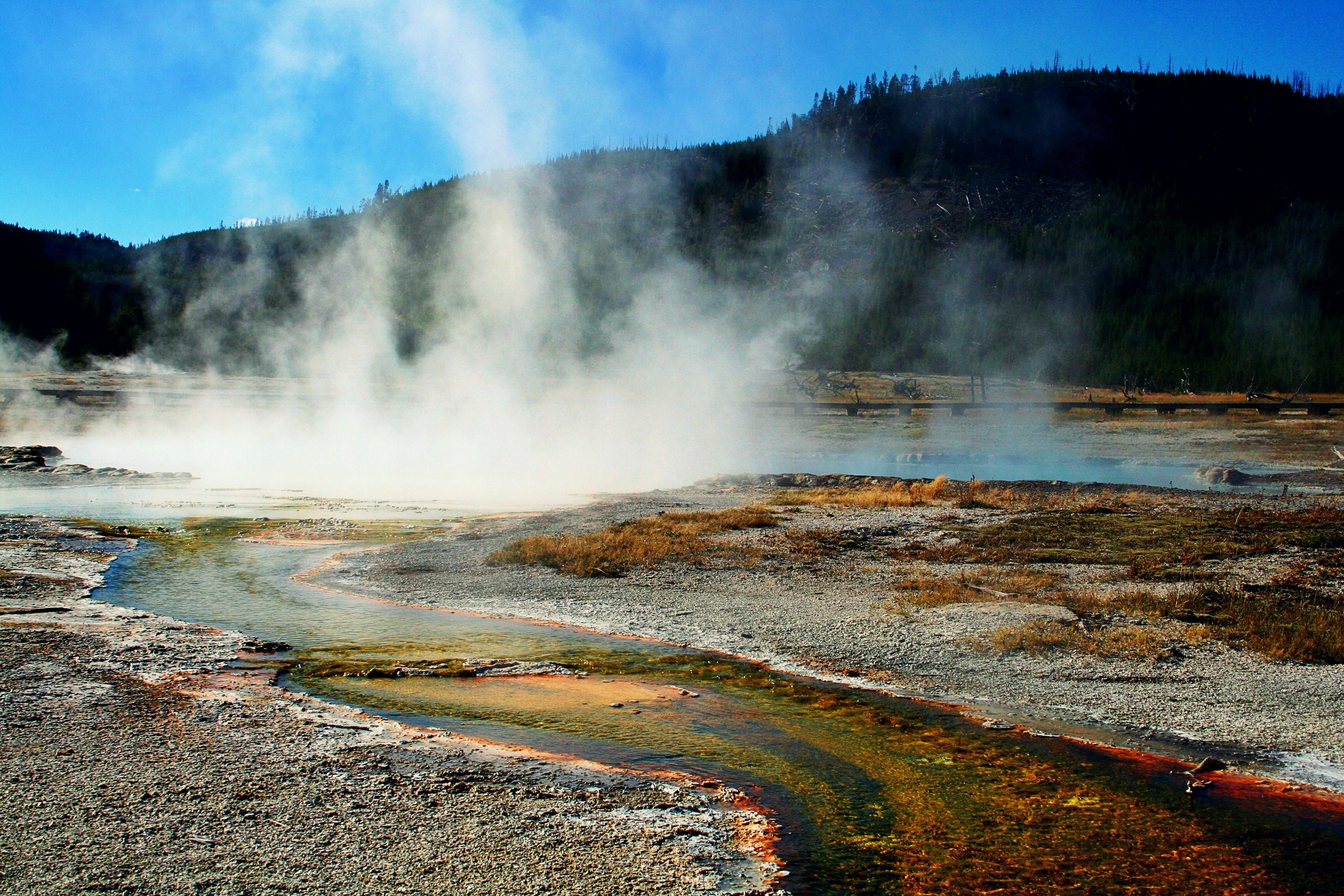
film
Fermentation and its link to the dawn of life on Earth
In Module 4 of Rewilding Mythology, David Zilber walks us through how fermentation and civilisation and agriculture are all woven together in complicated and interesting ways. "Fermentation is indelibly linked to the dawn of life on Earth," he says, diving into gelogical time, weaving the stories of the diversification of life with species evolution with the addictiveness of alcohol. How is fermentation the central node of basically all life?

film
The Bacchanalia Affair: the beginning of the end of an era
In Module 4 of Rewilding Mythology, Chiara Baldini presents the story of Dionysus, a sacred masculine that represents something different from the masculinity we know in patriarchy, something that has always existed in parallel. Chiara shares the story of the Bacchanalia Affair, how Dionysus, exported into Rome, was a clamorous rebellion against hierarchy, order, and the wielding of the sword. As the god of celebration, fermentation, and rebellion, the Roman empire wanted to repress what he brought to Rome, and they did: successfully. Thus began to end of an era, dating back to the goddess culture in prehistory. What lessons does this hold for us today?
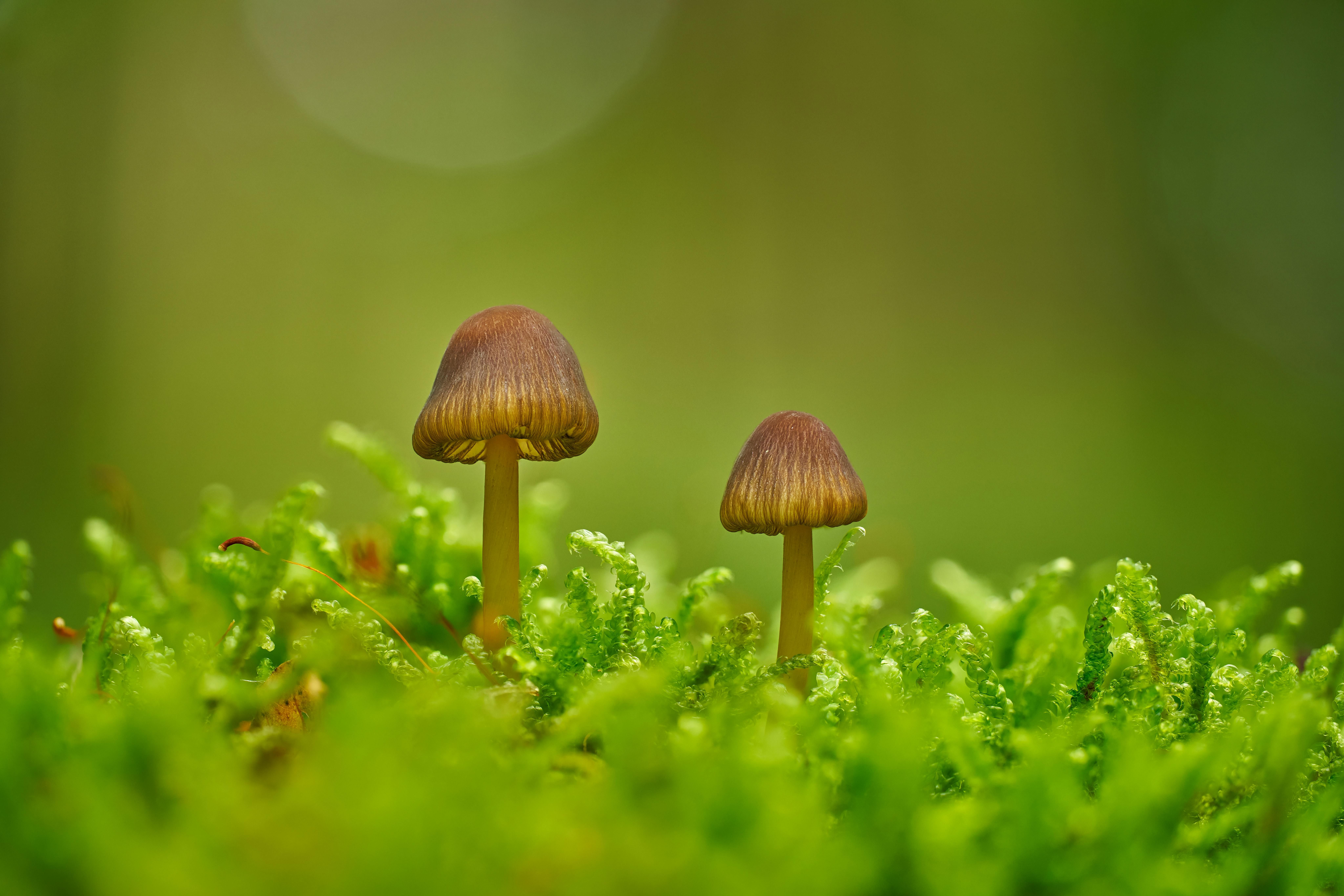
film
Fungi are the firmament of life on Earth
In Module 4 of Rewilding Mythology, Sophie Strand interviews Giuliana Furci about her subject of expertise: fungi. Giuliana teaches us about the diversity of the fungi kin-dom, and reminds us of how essential fungi are to all life on Earth, and how, through their relationships with other organisms, they make apparent that no individual really exists, how each one of us depends on another.
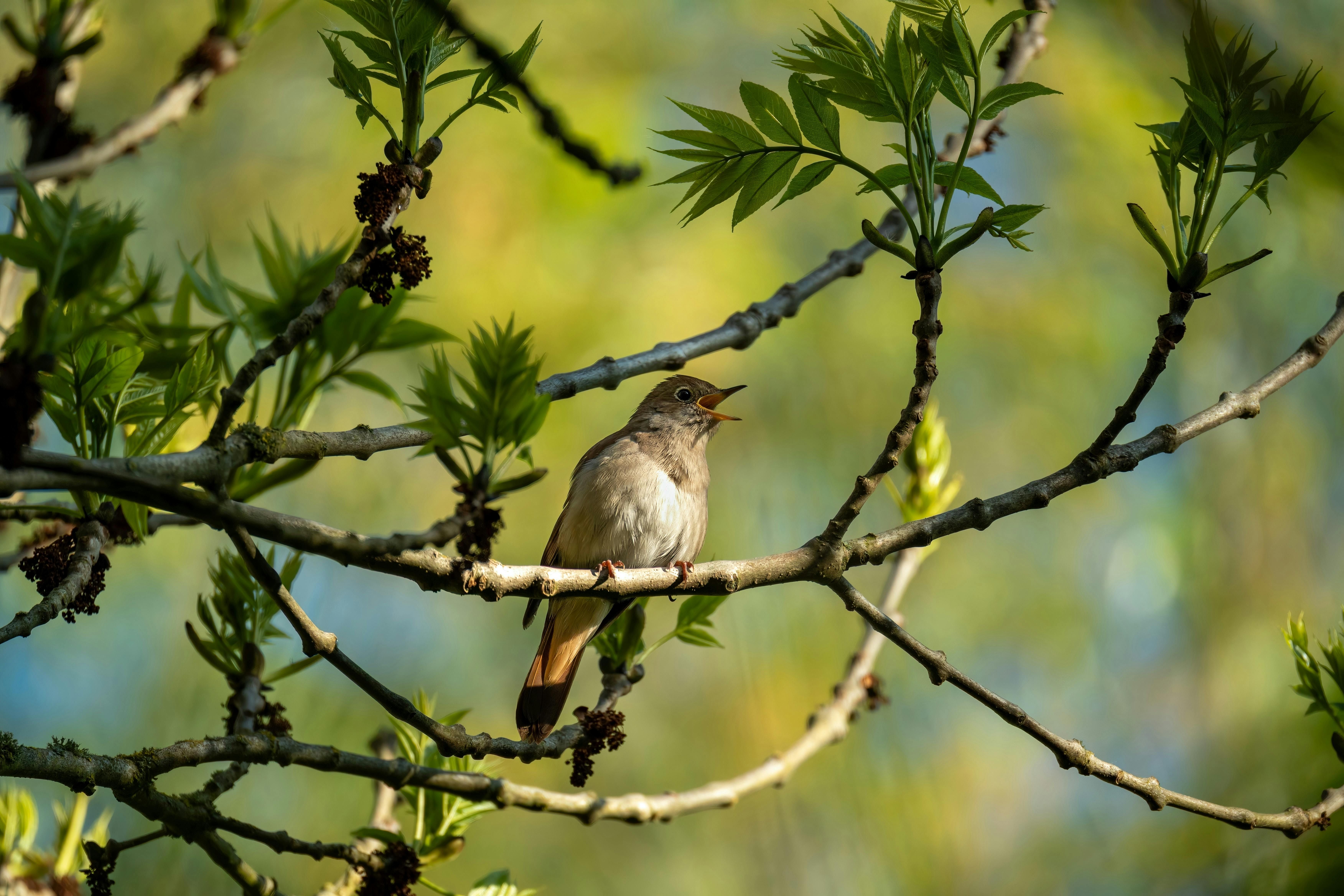
film
Hospicing nightingales: human-bird collaboration in the Anthropocene
In Module 5 of Rewilding Mythology, Sophie Strand and Sam Lee converse about preserving songs and the importance of oral transmission and cultural knowledge, and together they explore ancient, collaborative relationships between humans and other species. In this clip, Sam introduces the nightingale, a species set to go extinct. How have (and can) we collaborated with these birds, learning to sing together, even as we enter a time of unprecedented species extinction? What is the importance of such correspondence between species?
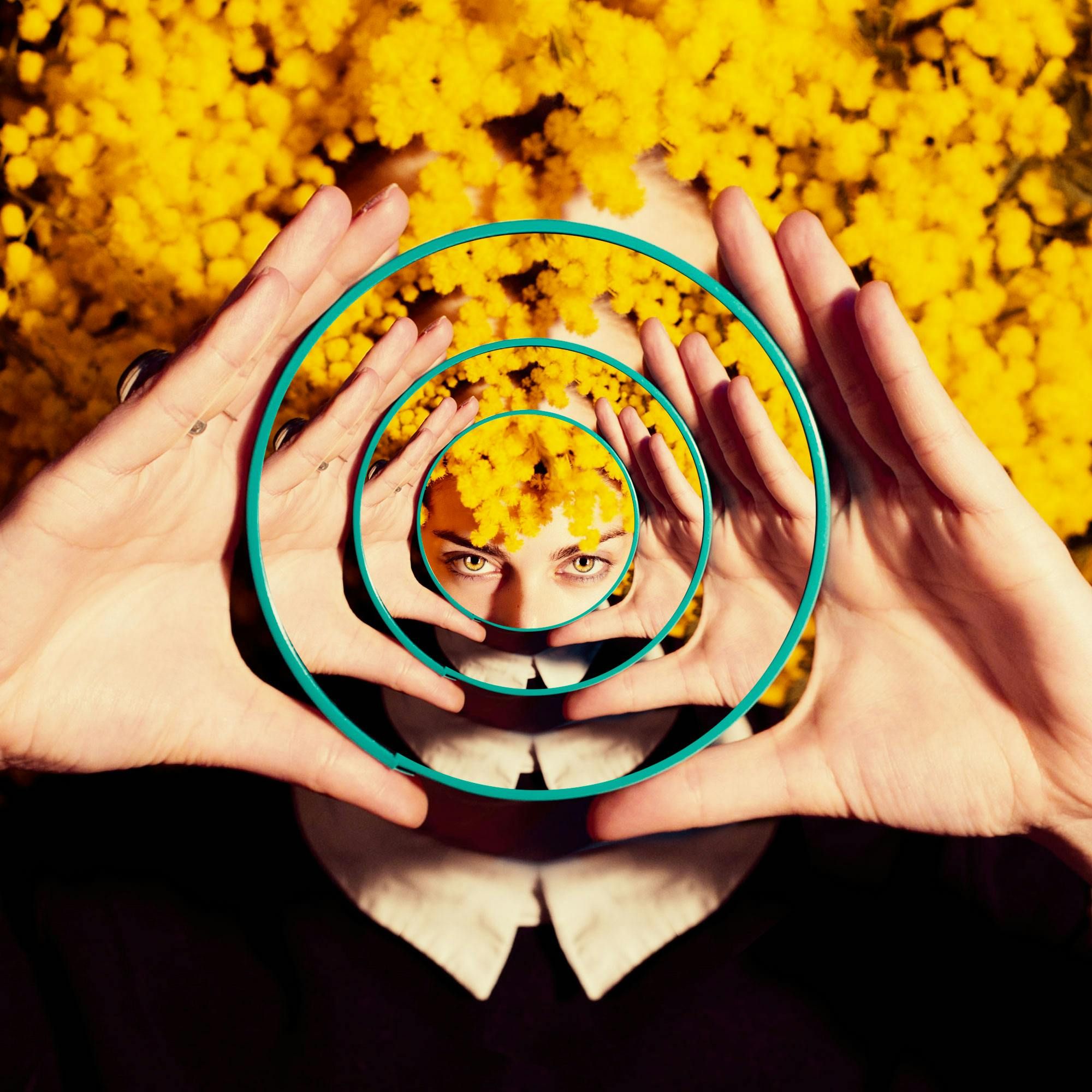
film
Augury as disruption to the attention economy
In Module 5 of Rewilding Mythology, Sophie Strand and brontë velez discuss ecological literacy as a form of literacy that gets us free. One form of this is augury, the practice of acquiring and understanding omens through the observation of birds, alongside bird sits and practising bird language. brontë shares about this radical practice, what it looks like, and why it can be such a disturbance to the attention economy we live in. How can we think with our whole web of kin, as Sophie would ask?
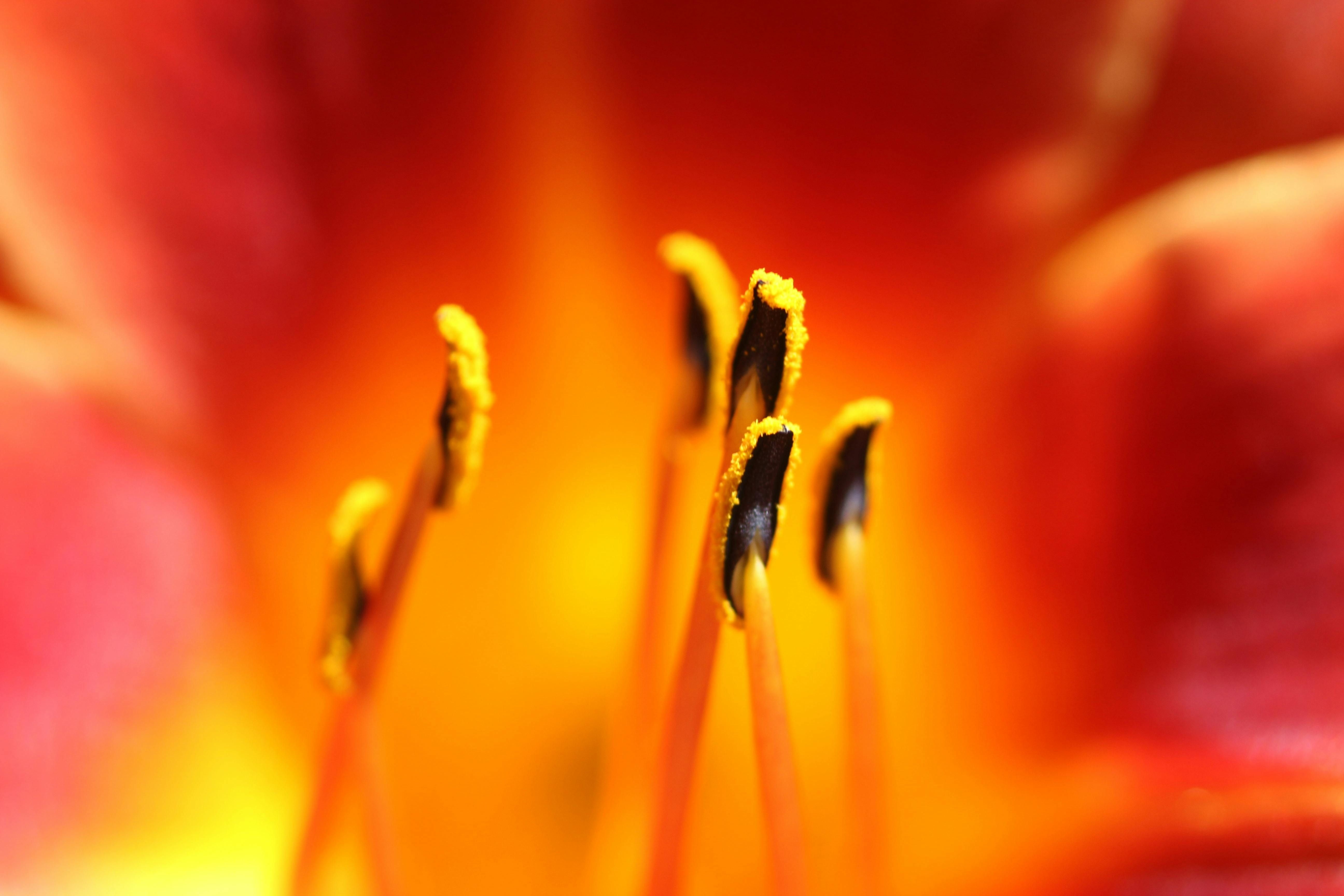
film
Living beings are constantly queering identities
In Module 6 of Rewilding Mythology, Andreas Weber challenges binary thinking from his background as a scientist and philosopher. Inspired by the rich metaphorical backgrounding of lichen for this session, Andreas shows us how actually, binary thinking in science and nature is but one story. The other, more true story perhaps, emphasises the interconnectedness of our selves in an ecosystem. Ecology is erotic and everchanging: the transformations within it make it essentially, queer.
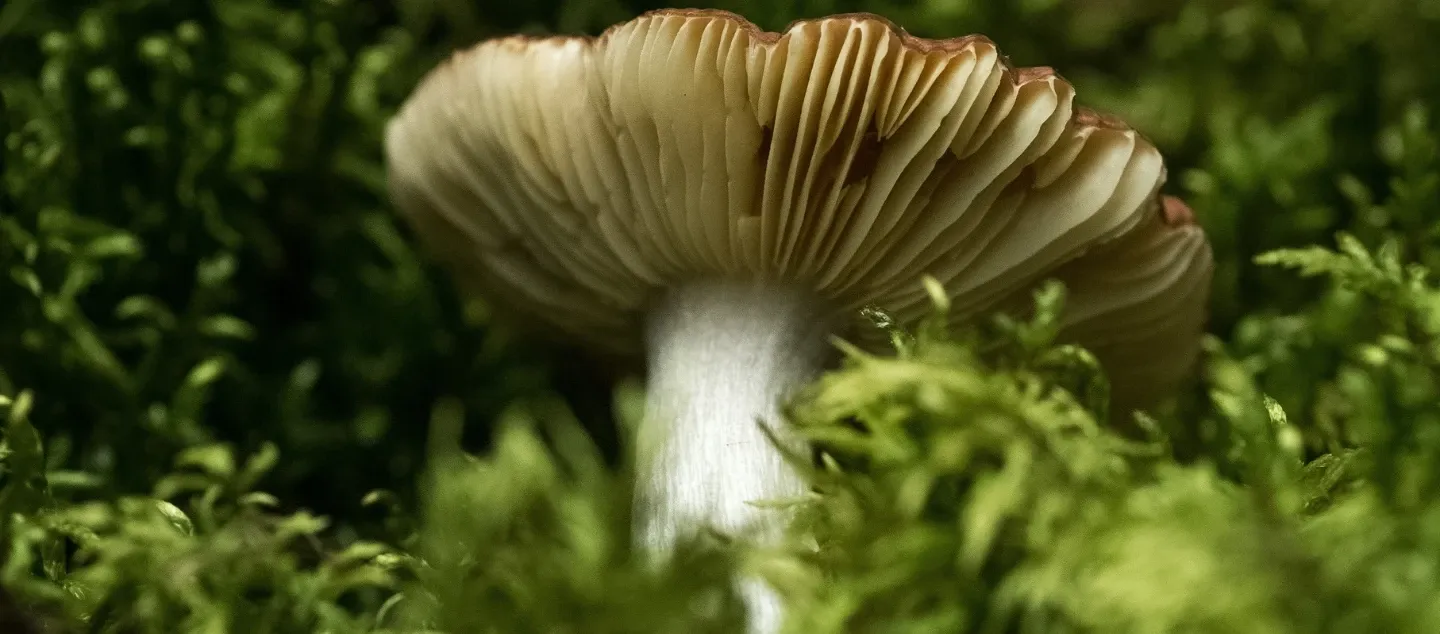
film
Composting the mycelial masculine
What if hidden in the soil below the monumental myth of patriarchal masculinity there was a rhizomatic biodiversity of alternative masculinities? What does it mean to create an ecosystem of narratives, rather than uplift a singular story? Looking to the past for ingredients to compost into better stories for the future, Ian and Sophie bring their personal experiences and mythic mycelial systems into a conversation about their own exploration into the myths of the masculine.
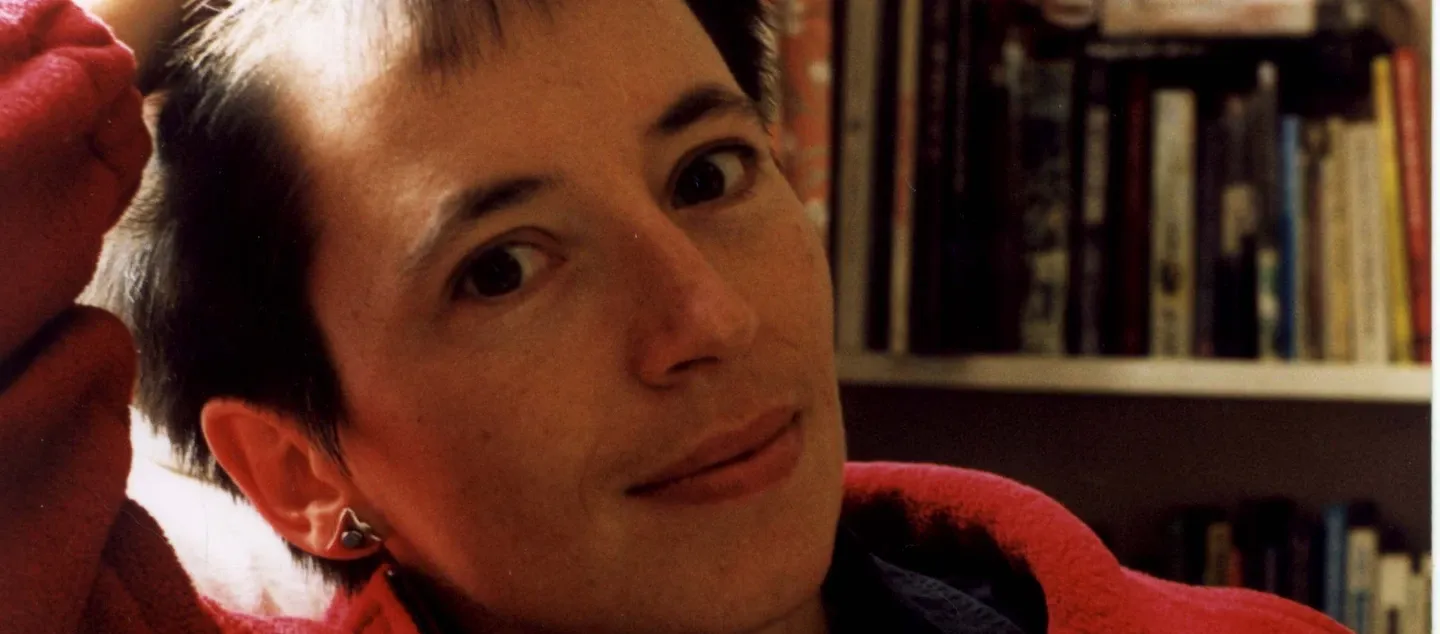
film
The way out is through: on Thrutopia
We need a whole load of new stories if we’re going to make it through whatever window we still have left. We need stories that tell us about the thousands of people within our system who are striving to change it for something that works much, much better. We need stories of ways we could shift our political and economic structures to ones that are regenerative by design. Imagine a future where our great grandchildren look back and say, ‘Yes, it was hard. Yes, they made mistakes. Yes, they left it way, way too late, but that was because they didn’t know what to do. And my goodness, when they had the visions, they threw themselves into making them happen. And we’re here now, living lives we love, because they took the risk to change the way things worked.’ That’s the world we’re aiming for.
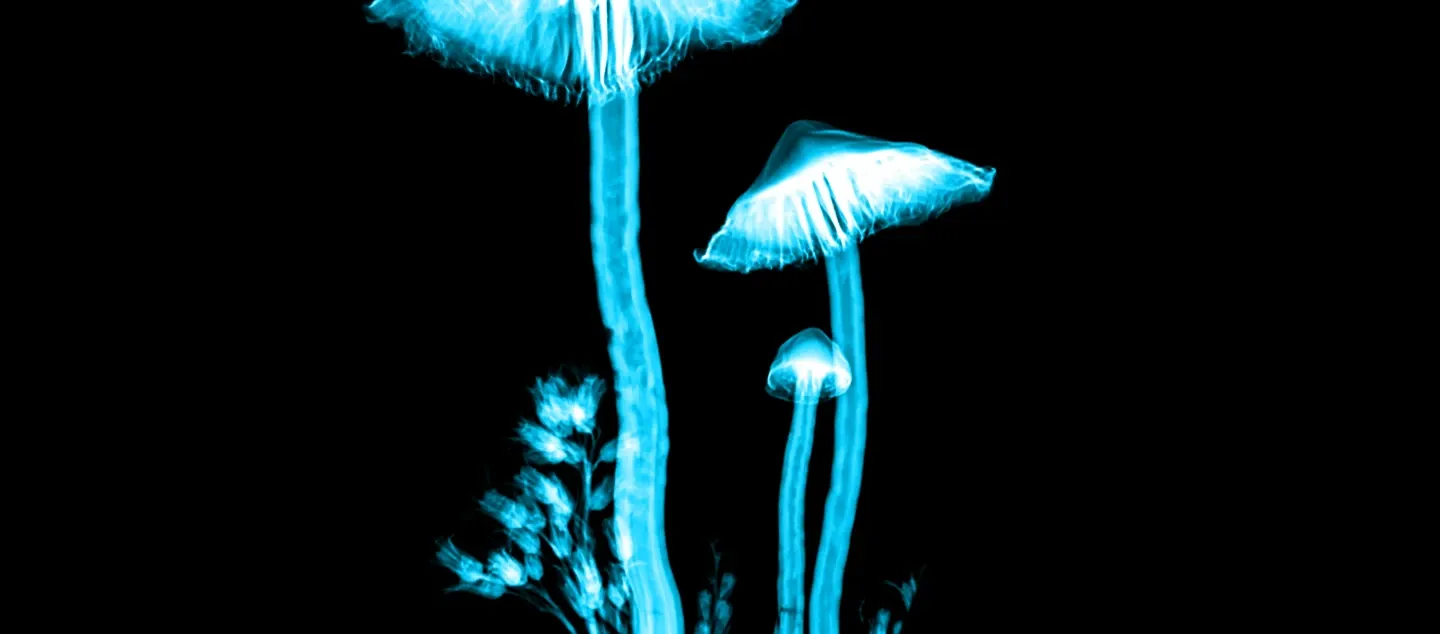
film
Magic as radical embedding in our web of relations
What if magic wasn’t supernatural? What if it was the most natural experience of all, inviting us into inter-species collaboration? How can we begin to understand magic as a way of becoming radically embedded in our web of relations, rather than as a way of manipulating the elements from a distance?
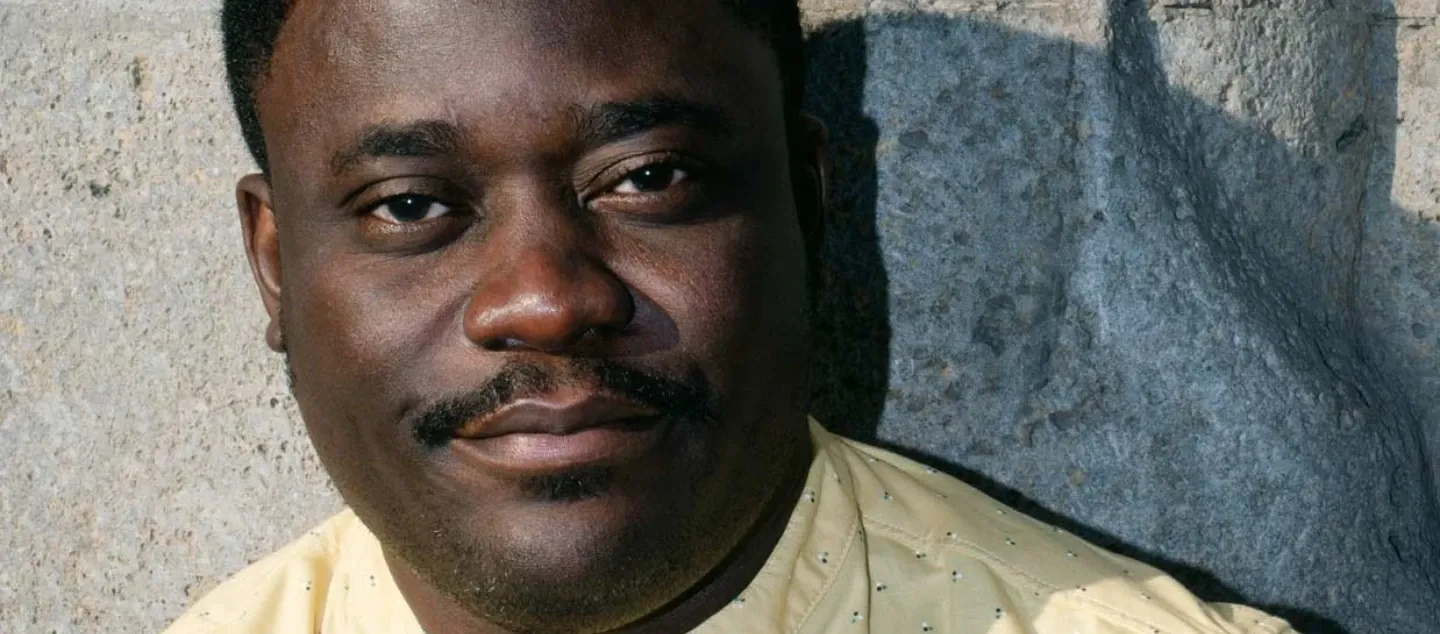
film
Rerooting Yeshua as a magician storyteller (extended cut)
Uprooted from the Galilean ecology from which he drew his nature metaphors and translated into the language of his oppressors, the teachings of Jesus have easily lapsed into dogma. How does a storytelling magician get coopted by imperialism and patriarchy? Let us replant Jesus in his original ecological and social context, and his mythic vegetal god mycelium, to recover the environmentally and socially radical nature of his teachings.
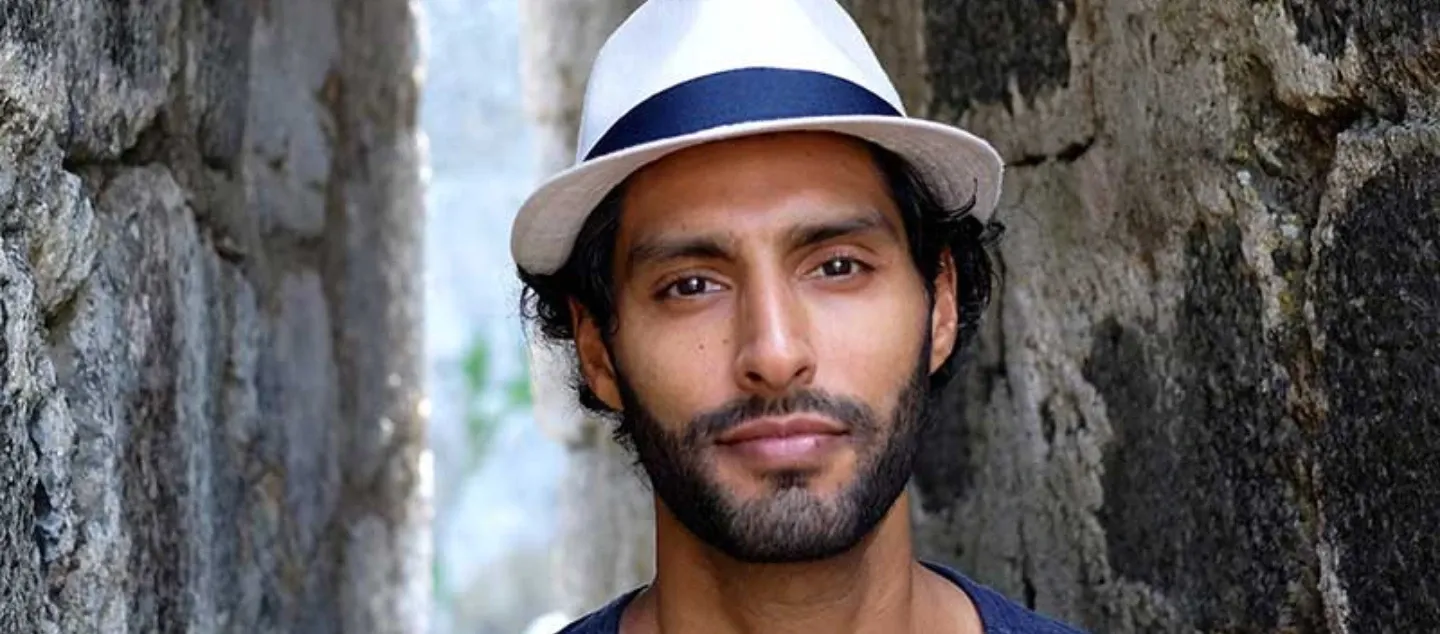
film
Myco, Eco, Mytho: An Ecology of Stories
From where does a story sprout? What specific land and soil did it grow from? What ecology is it seeking to tend to, respond to, root into? How do my stories “tell” me into greater intimacy with the kin outside my door? We can reclaim the ecological nature of myths coopted by patriarchal domination by replanting them in their original biological and social ecosystems. Examining the root systems of popular myths, we see that, below the focus on human exceptionalism, myth is the land talking to itself. The triple lens of MYCO ECO MYTHO guides us into an investigation of how extractive capitalism paired with colonialism has created a “narrative dysbiosis” in the cultural gut, suppressing a biodiversity of more environmentally aware perspectives. We explore what it might mean to compost old stories with contemporary science, philosophy, poetry, and ecology in order to create the new soil that will sprout myths freshly adapted to our current crises.
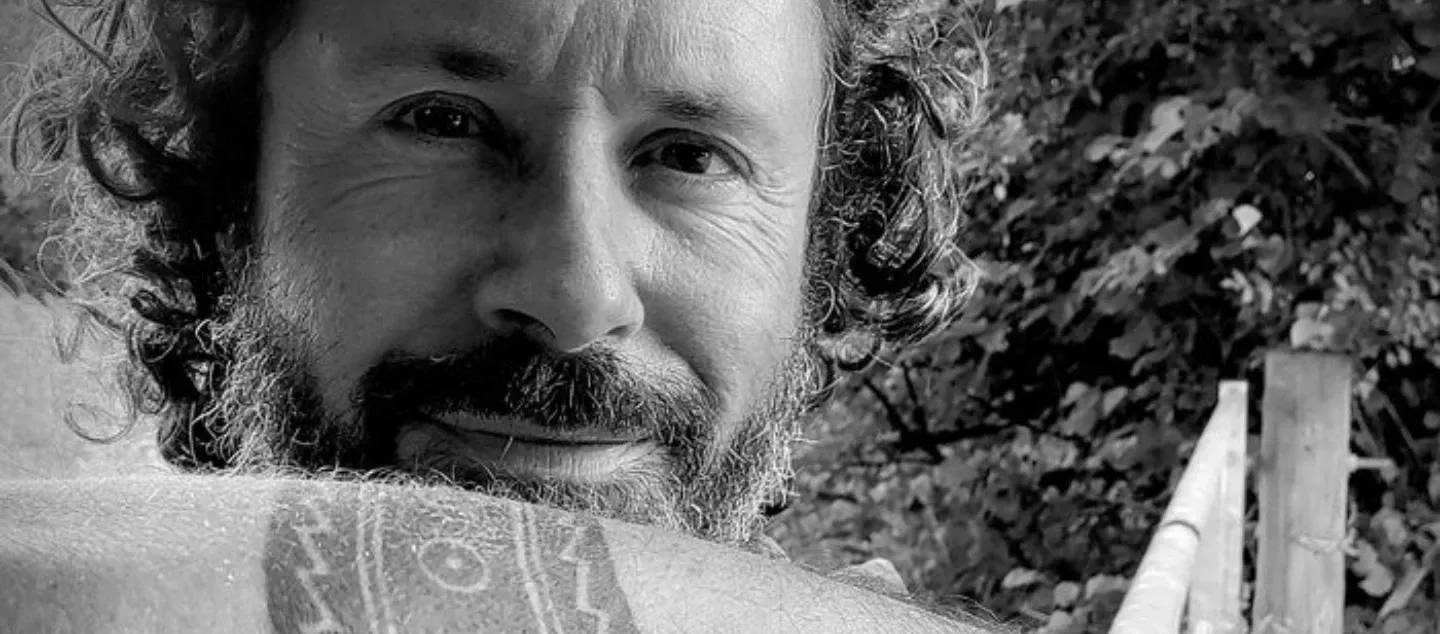
film
Myths move
Ecosystems are constituted by constant cycles of decay and regrowth. We can replant myth in ecology by understanding that storytelling, too, remains healthy when it goes through cycles, decaying, regrowing, and adapting to suit shifting climatological and social pressures. We can examine oral storytelling, forest ecosystems, fungal spores, and a rich mythology of storm gods to begin to understand how we cannot prize ascension over descent, text over spoken word. Healthy mythologies grow connective tissue between dualisms, cultivating fertile mythic gradients between opposing ideologies. Conversely, we can look at what happens when these mythic cycles get interrupted in the examples of patriarchy and material reductionism.
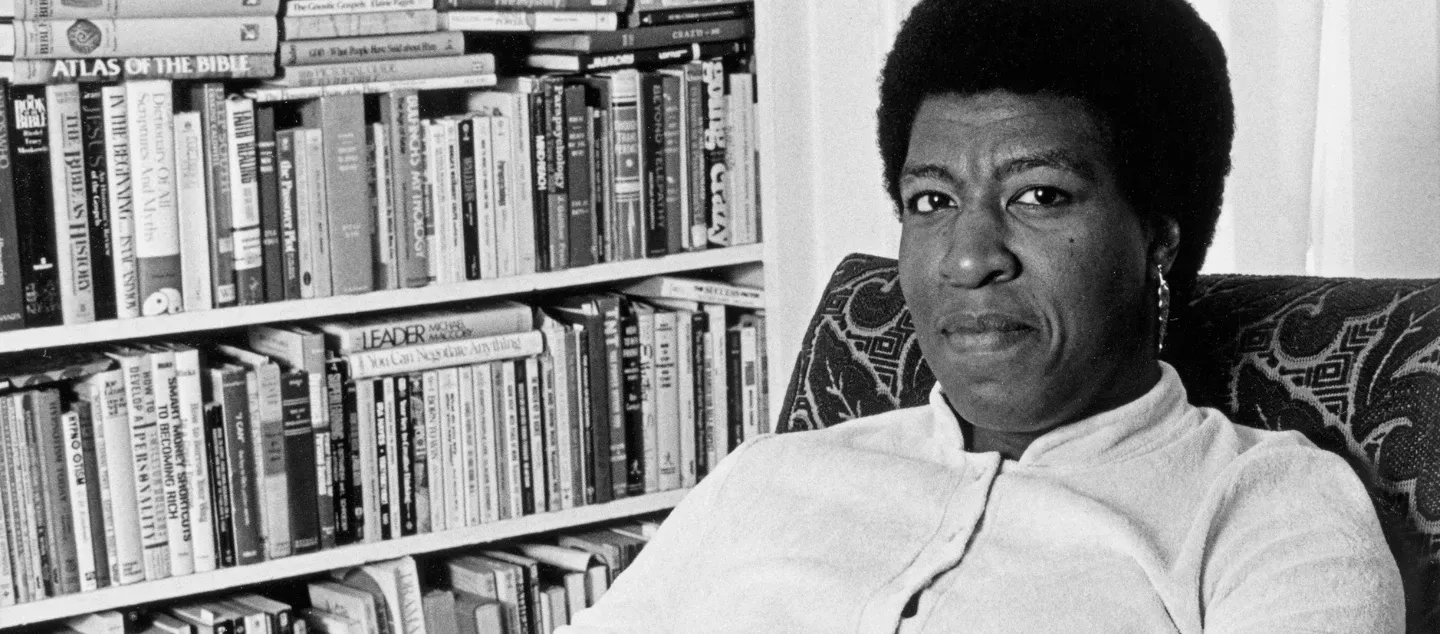
film
Worldmaking in the dark with Octavia E. Butler
This session explores the speculations and theorizing of Octavia E. Butler and her histouturist ways of "composting" the rubble left behind by misogynoir, patriarchy, colonialism, and ecocide. Butler understood the underlying archetypes of foundational stories as well as new guises, uses, and ways of experiencing new paradigms. We will use the framework of the archetype of Change, the organizing pattern which undergirds all her work. Butler understood that the darkness, decay, and even death were the fertilizer for sustaining new life. Change is not linear, one-sided, or wholly positive. It is sometimes brought about by rupture, resistance, chaos, and rebirth. We will explore examples of Butler's perceived prescience couched in in-depth research via her published and unpublished works. Butler laid the groundwork for imaging our shared futures with lessons to contemplate our interdependence.
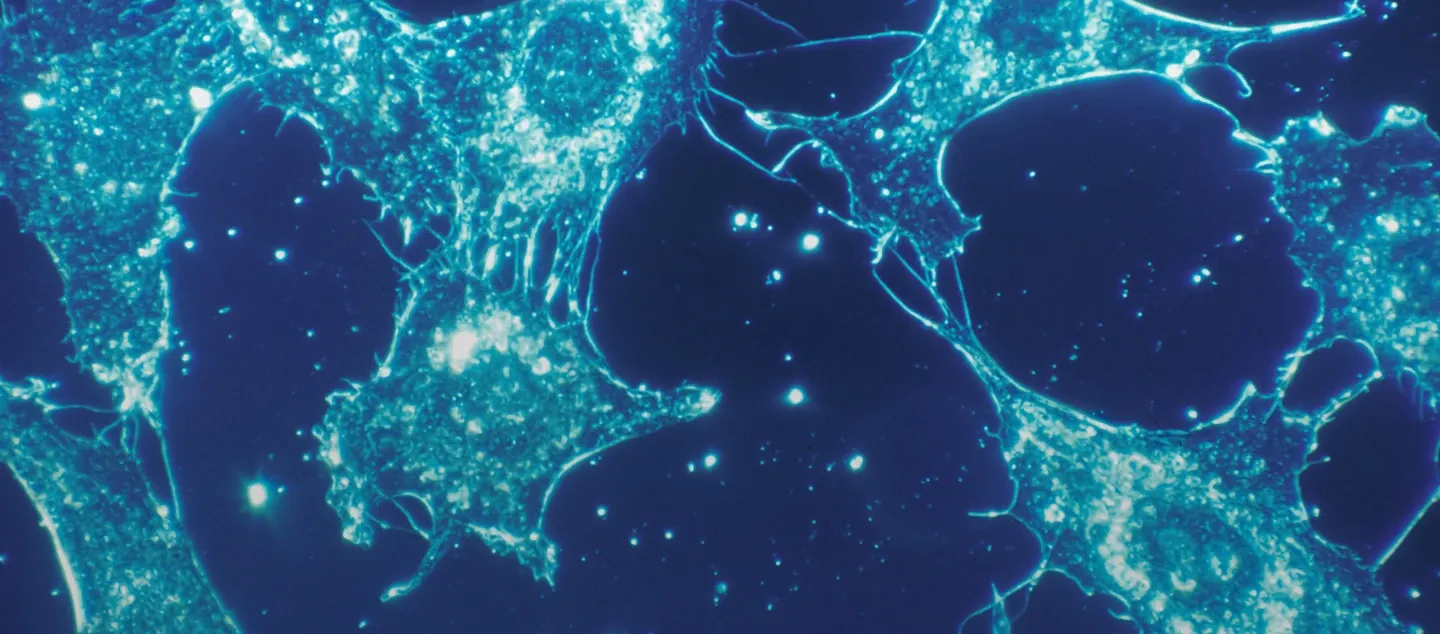
film
Queering biology
Why do we invite relational entanglements with the world around us? What is an Ecological Eros, and what does it mean to queer, to eroticise, to make ecologically intregrous, love? How is death, within an ecological frame, a transition? In this Facebook live session hosted by advaya, we dive into the world of matter and desire, and rewilding mythologies, with writers Sophie Strand and Andreas Weber, curators of our courses Rewilding Mythology and Ecology of Love, respectively.
